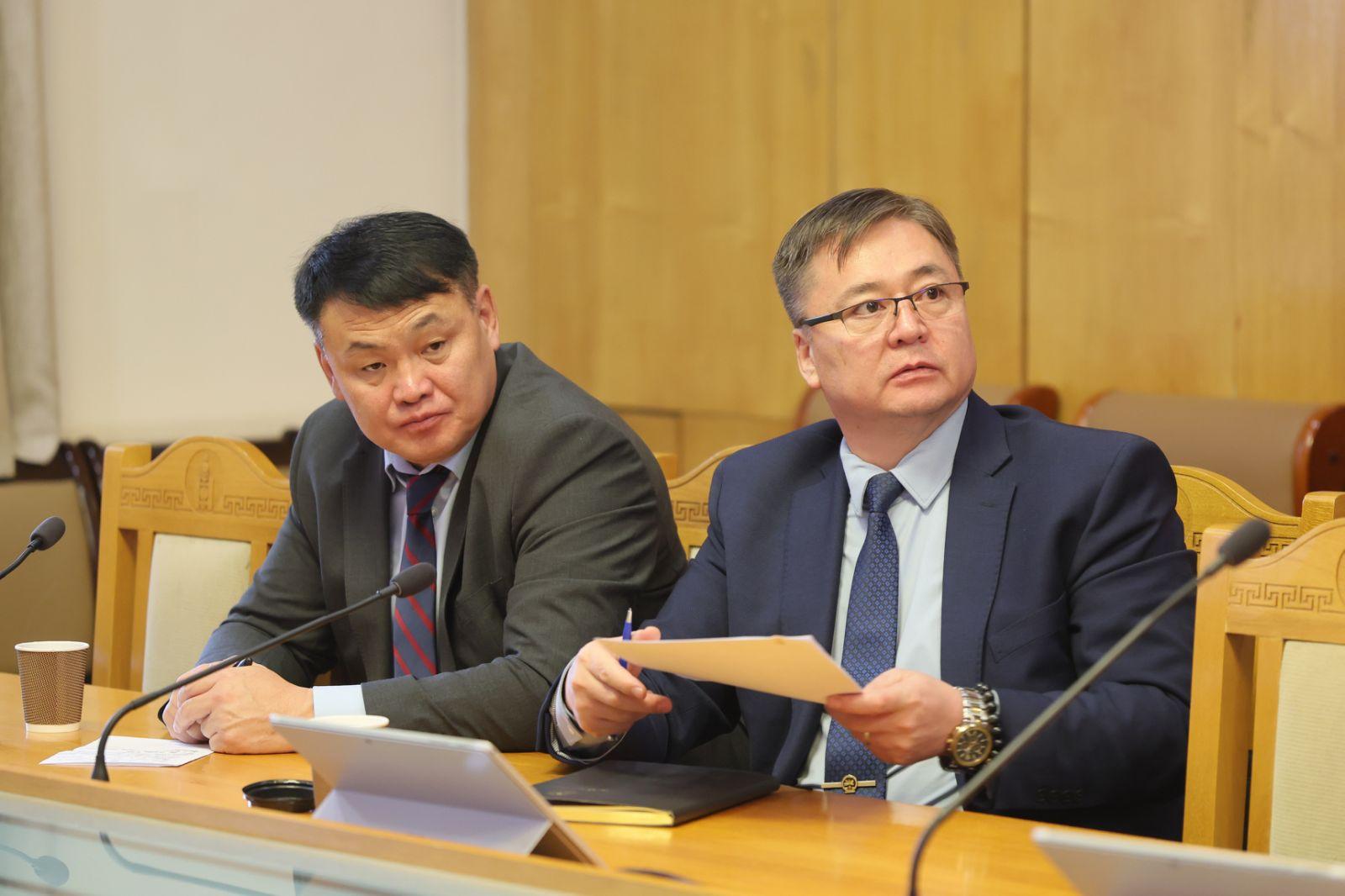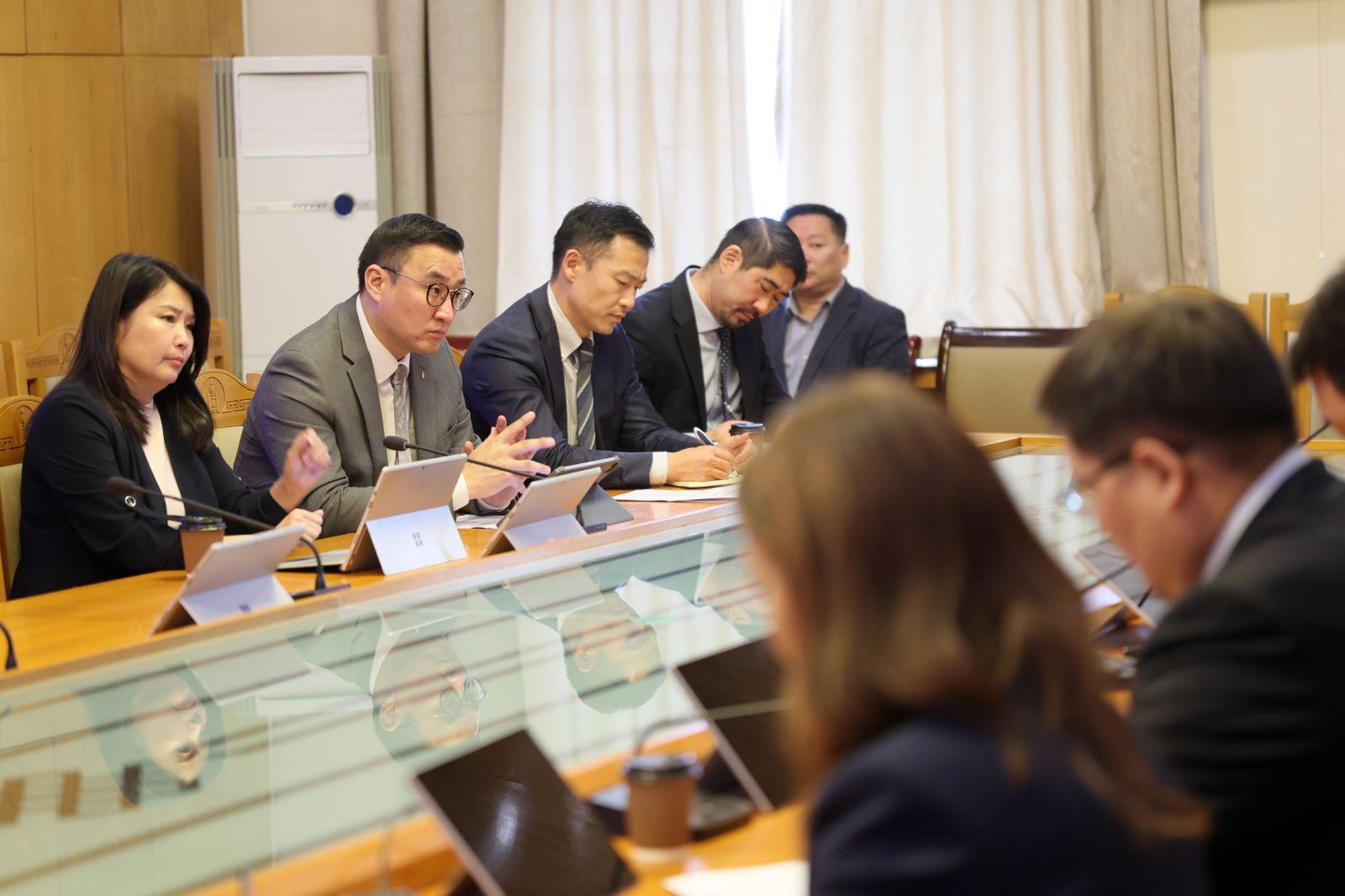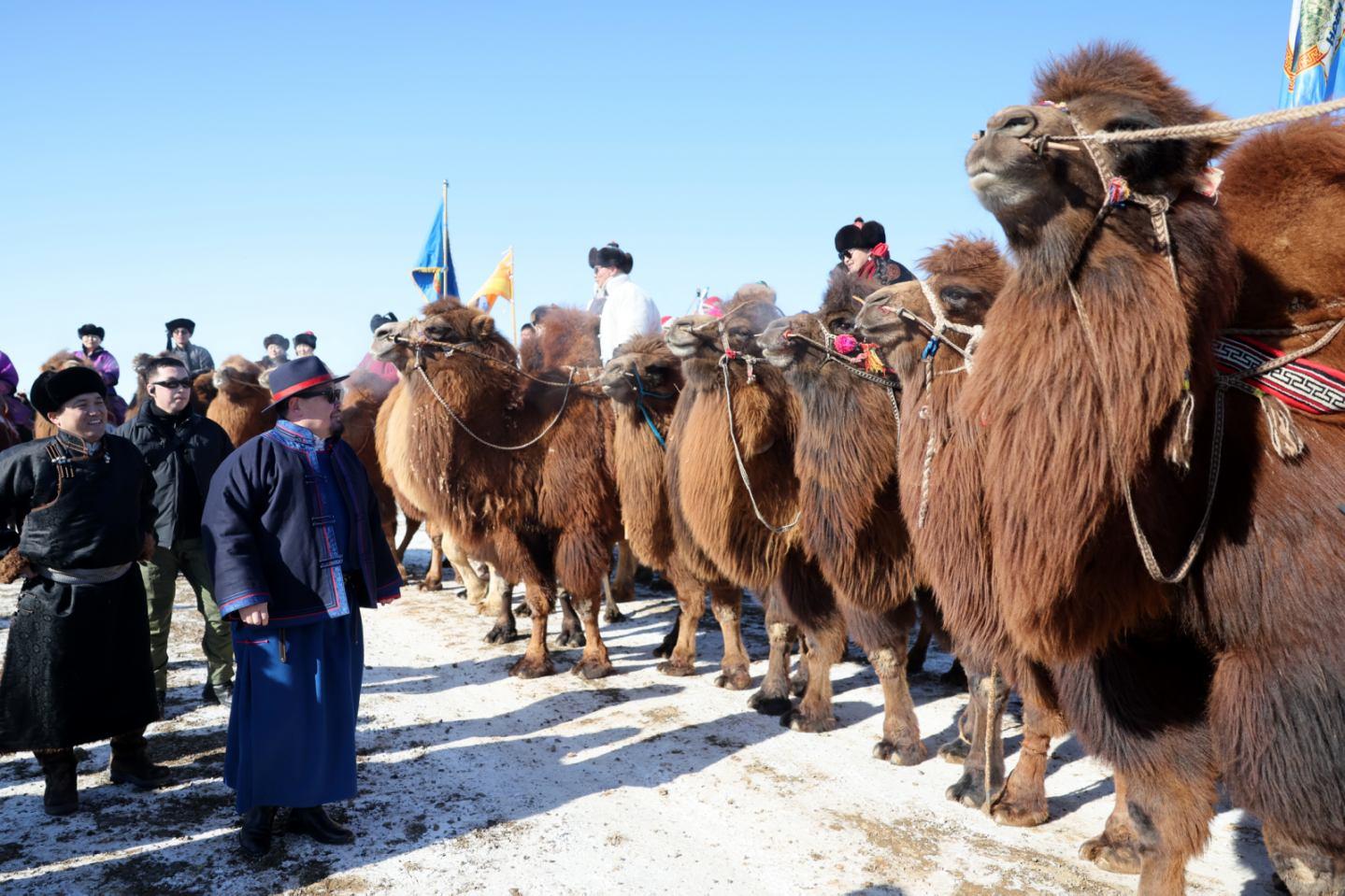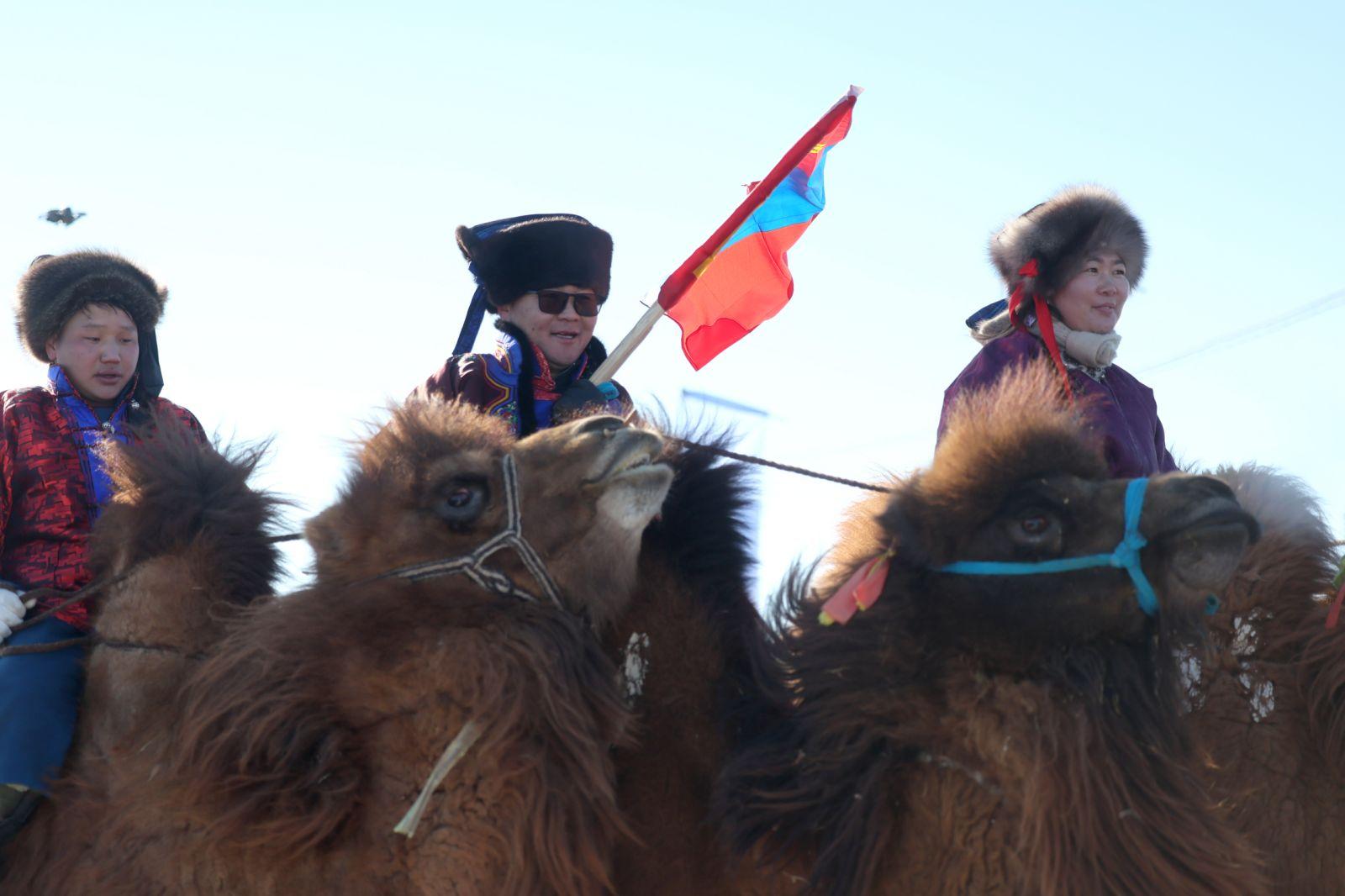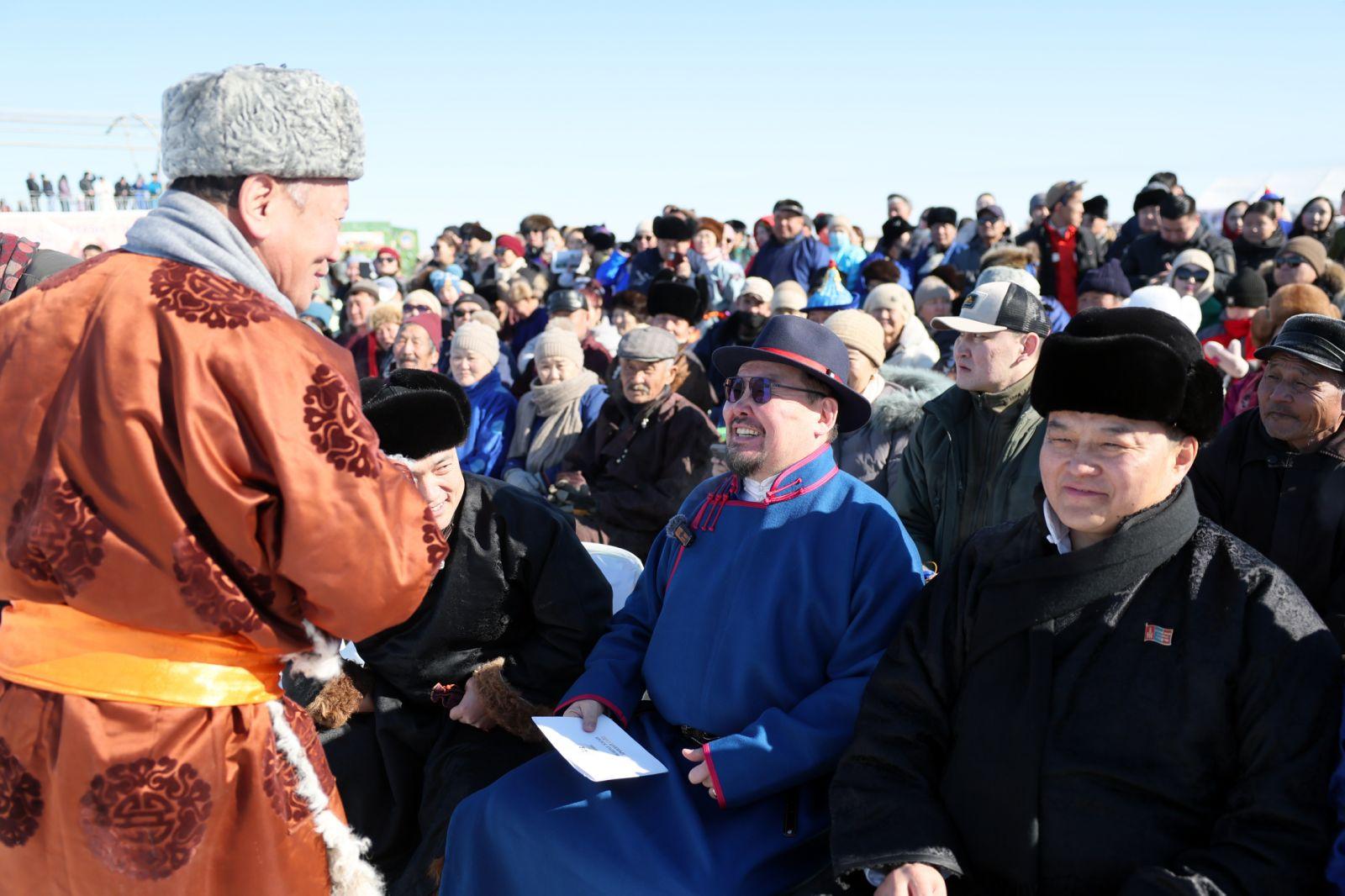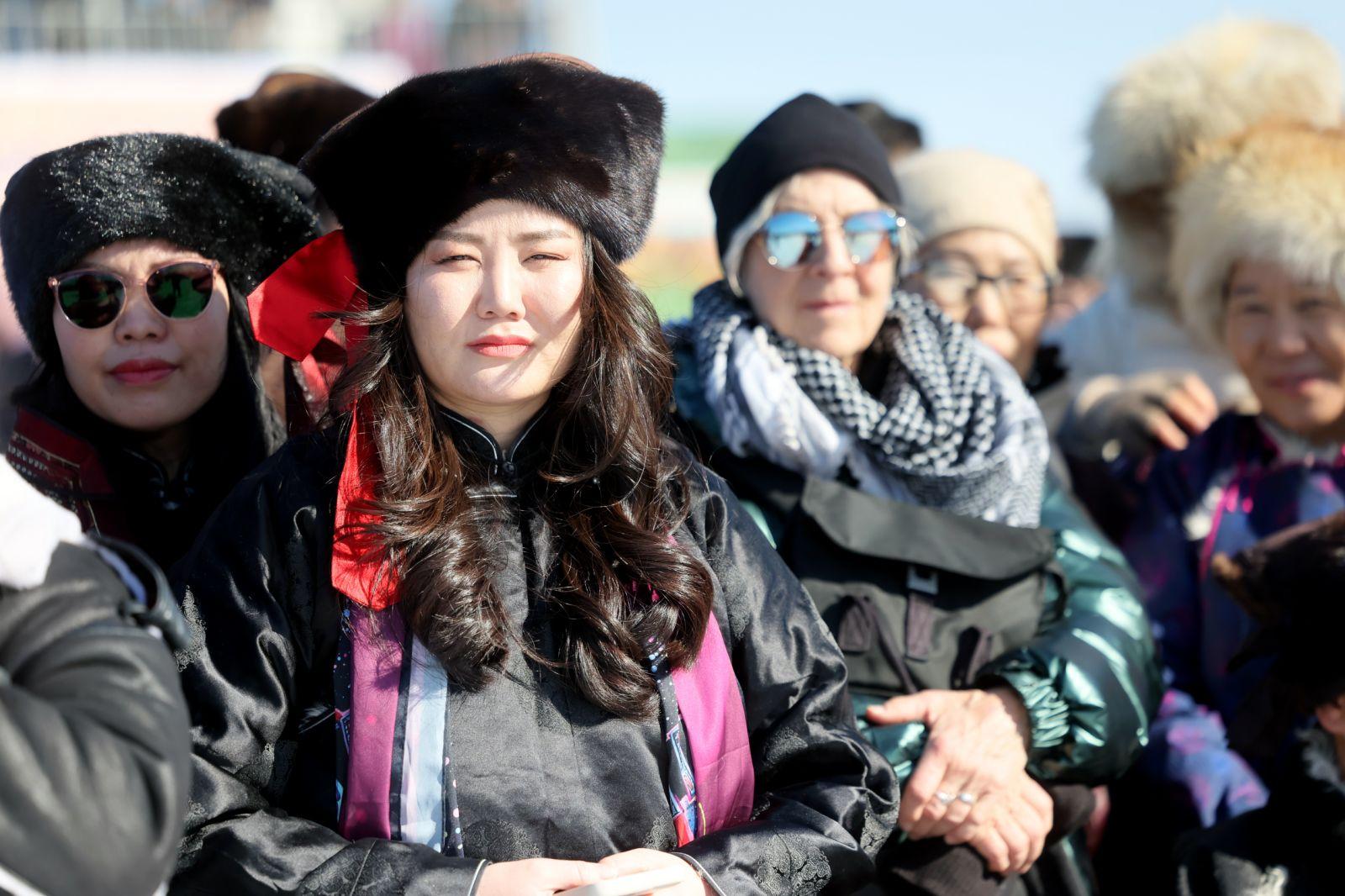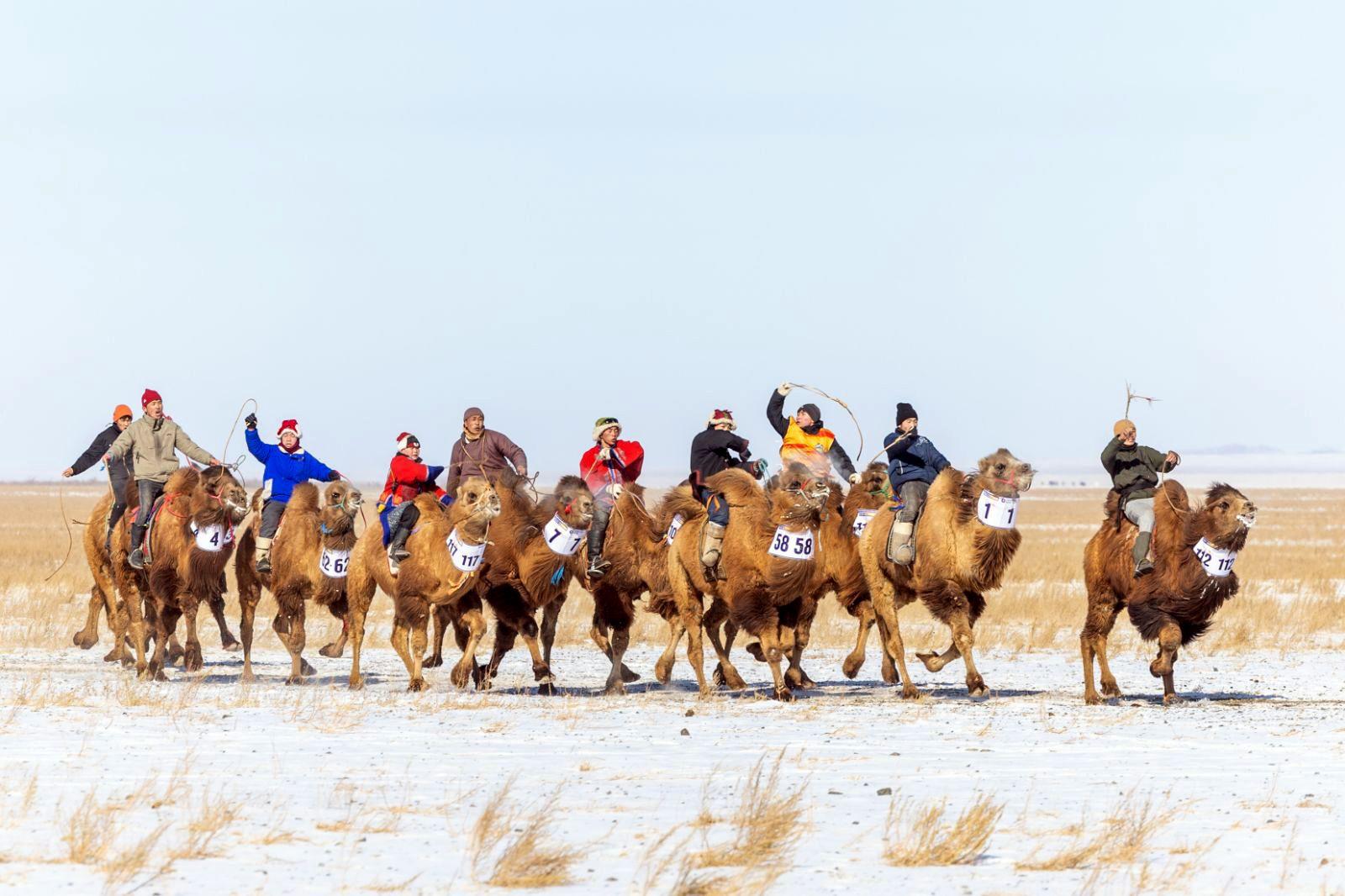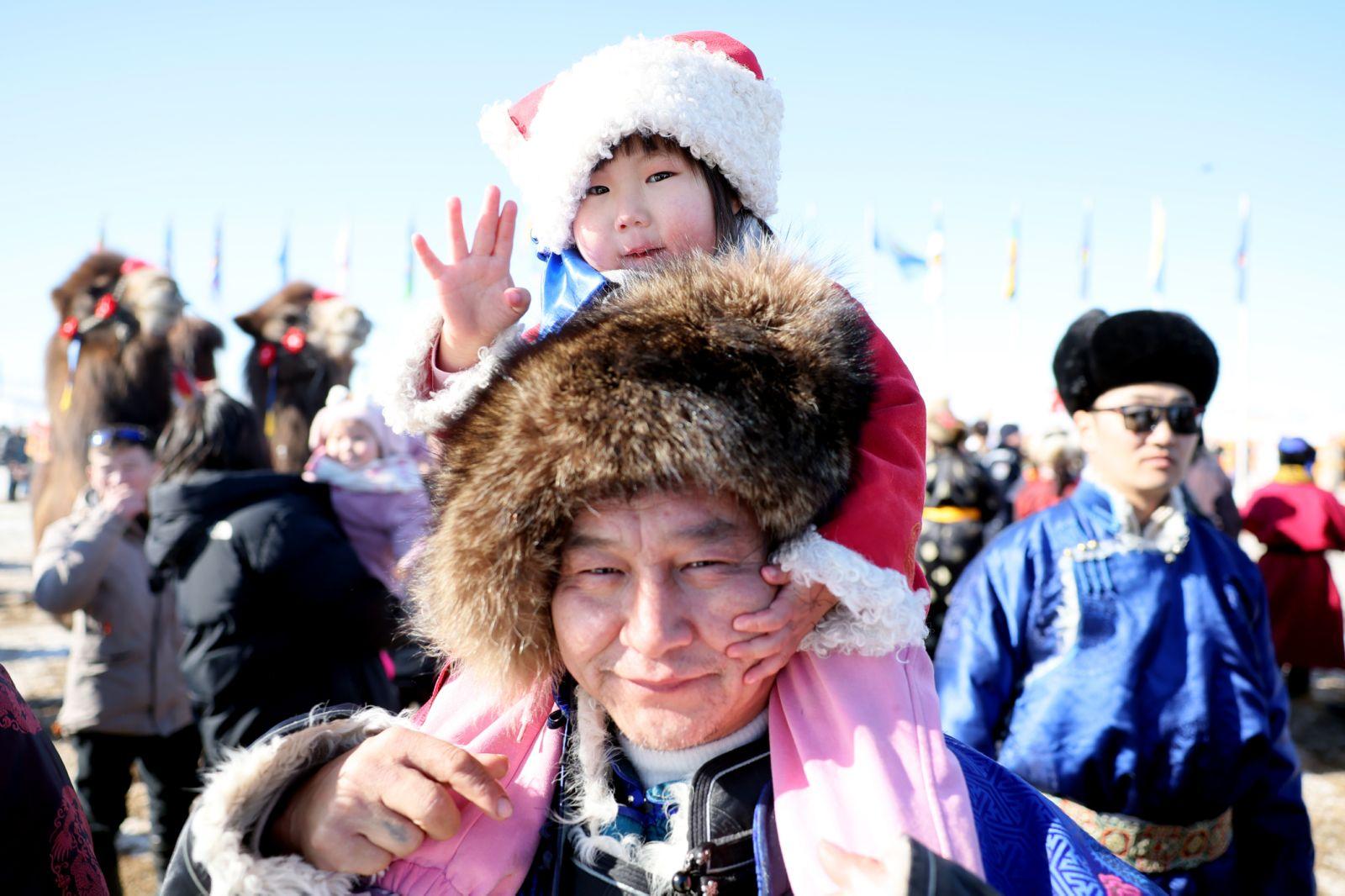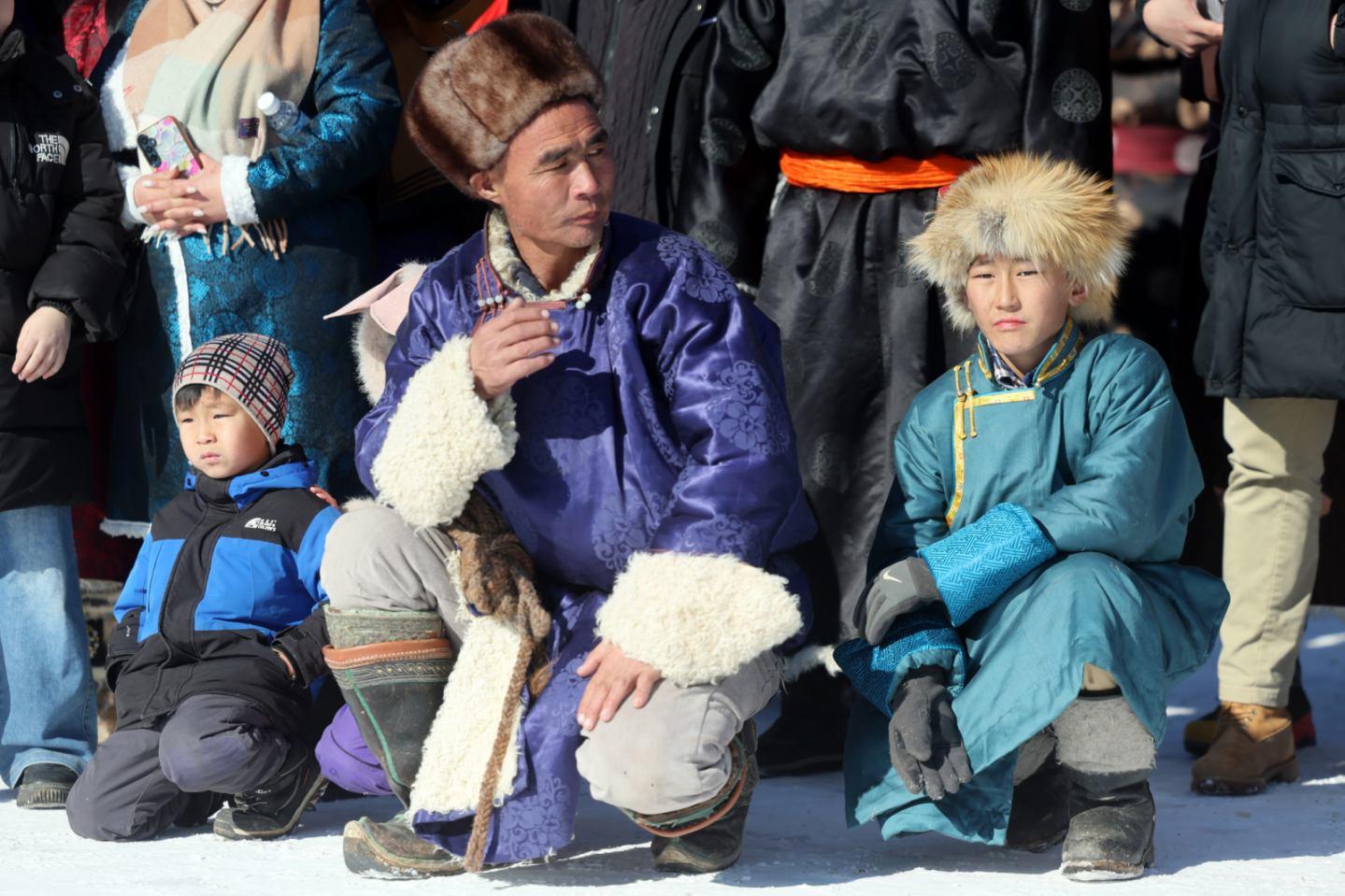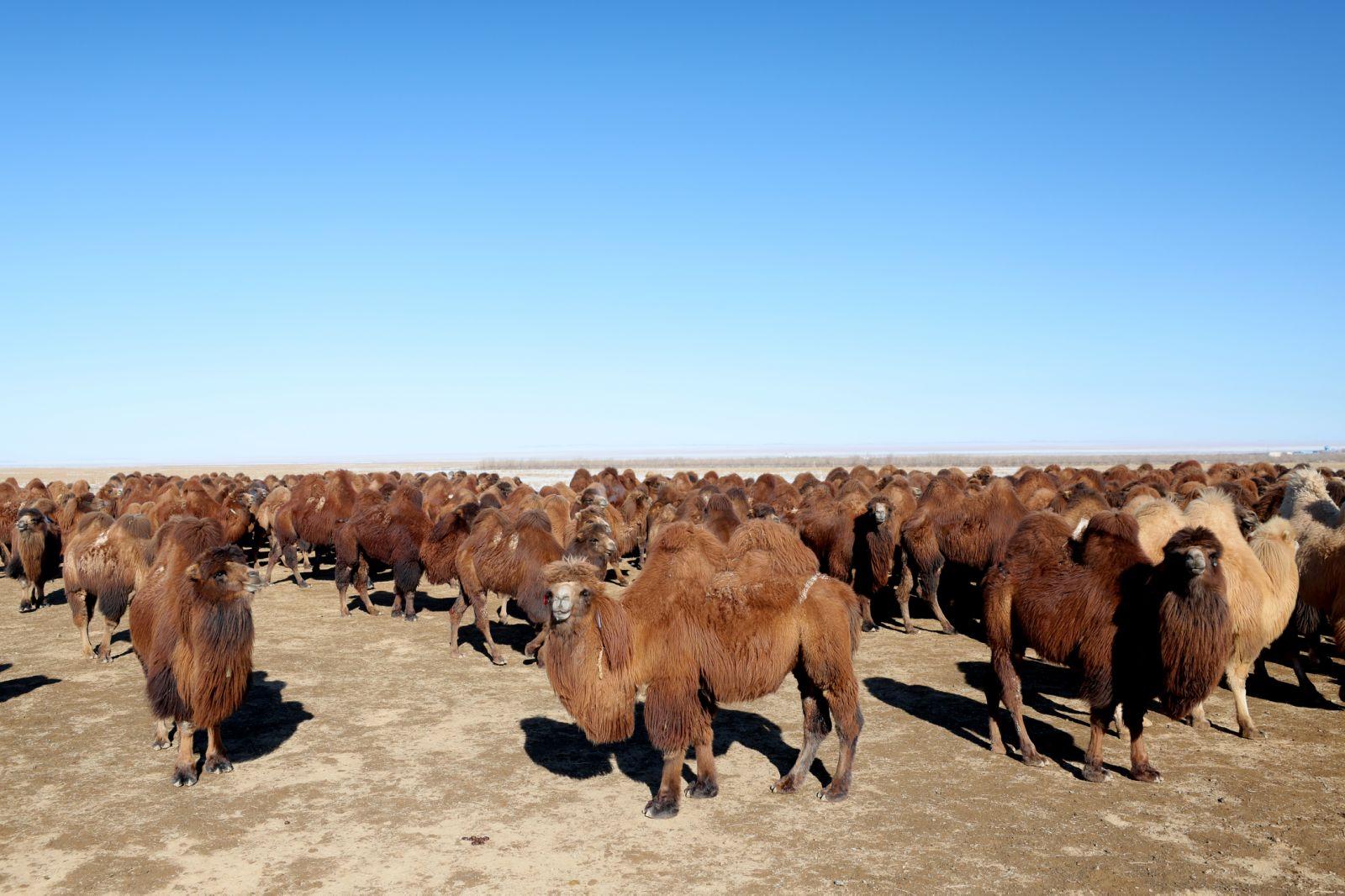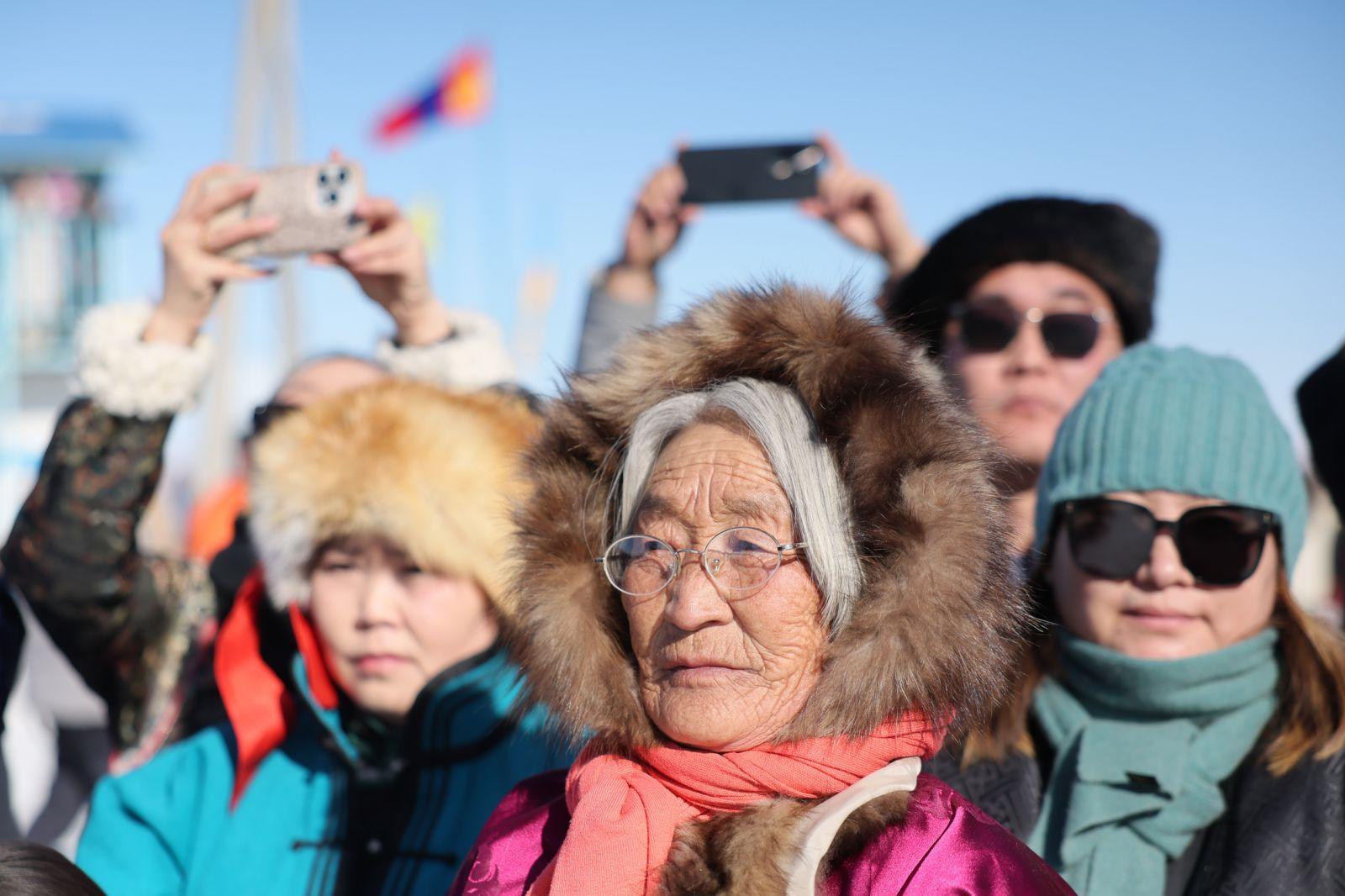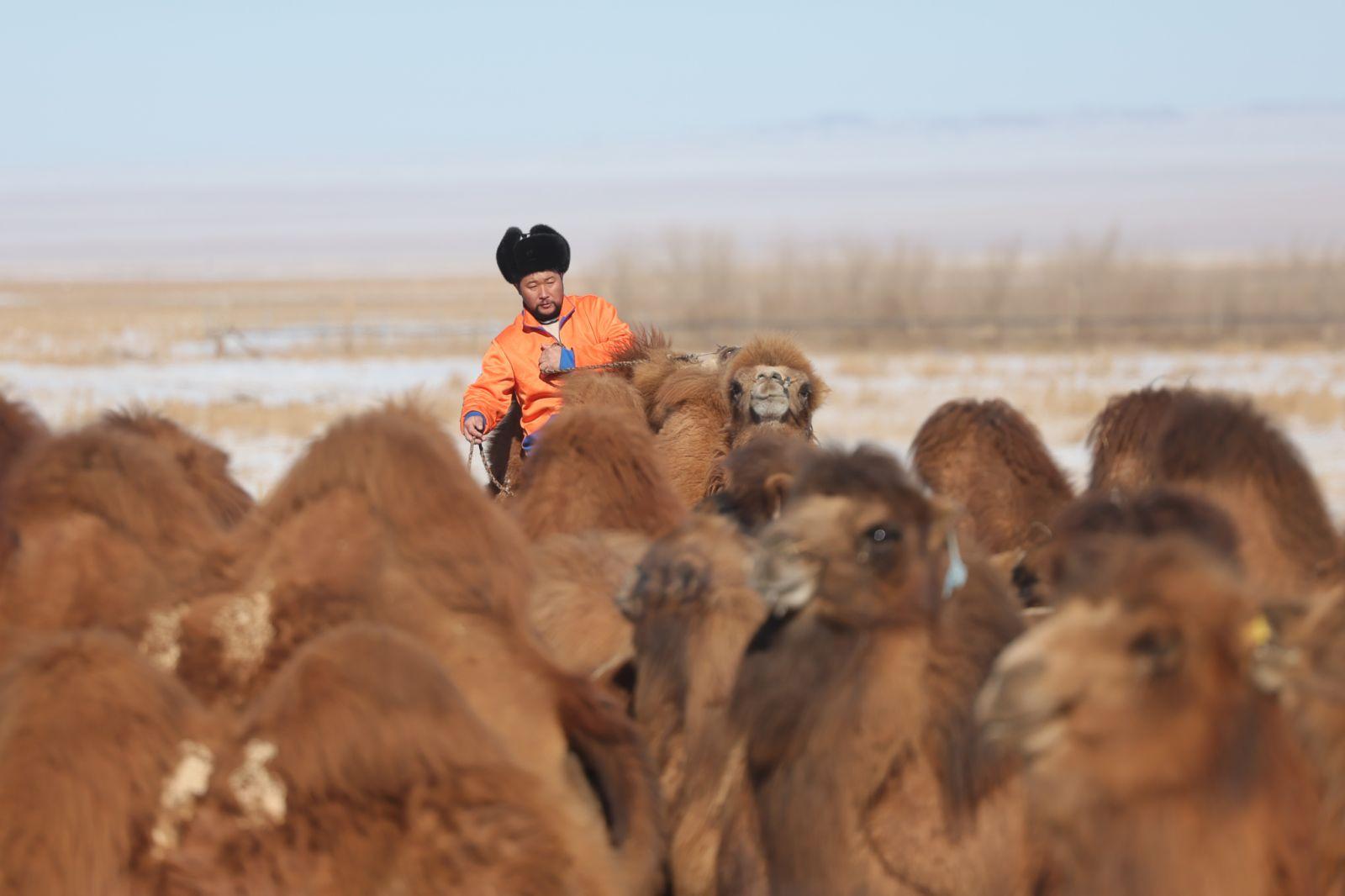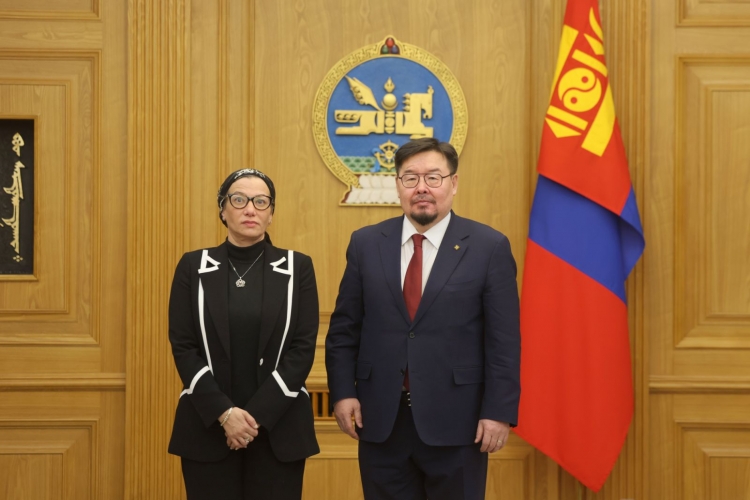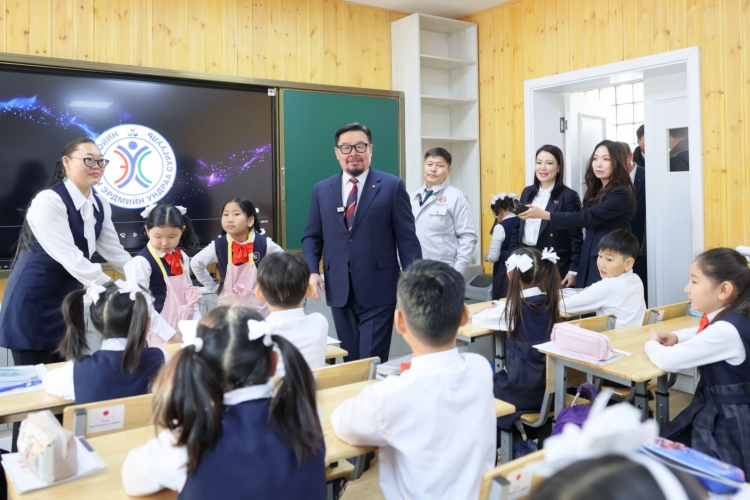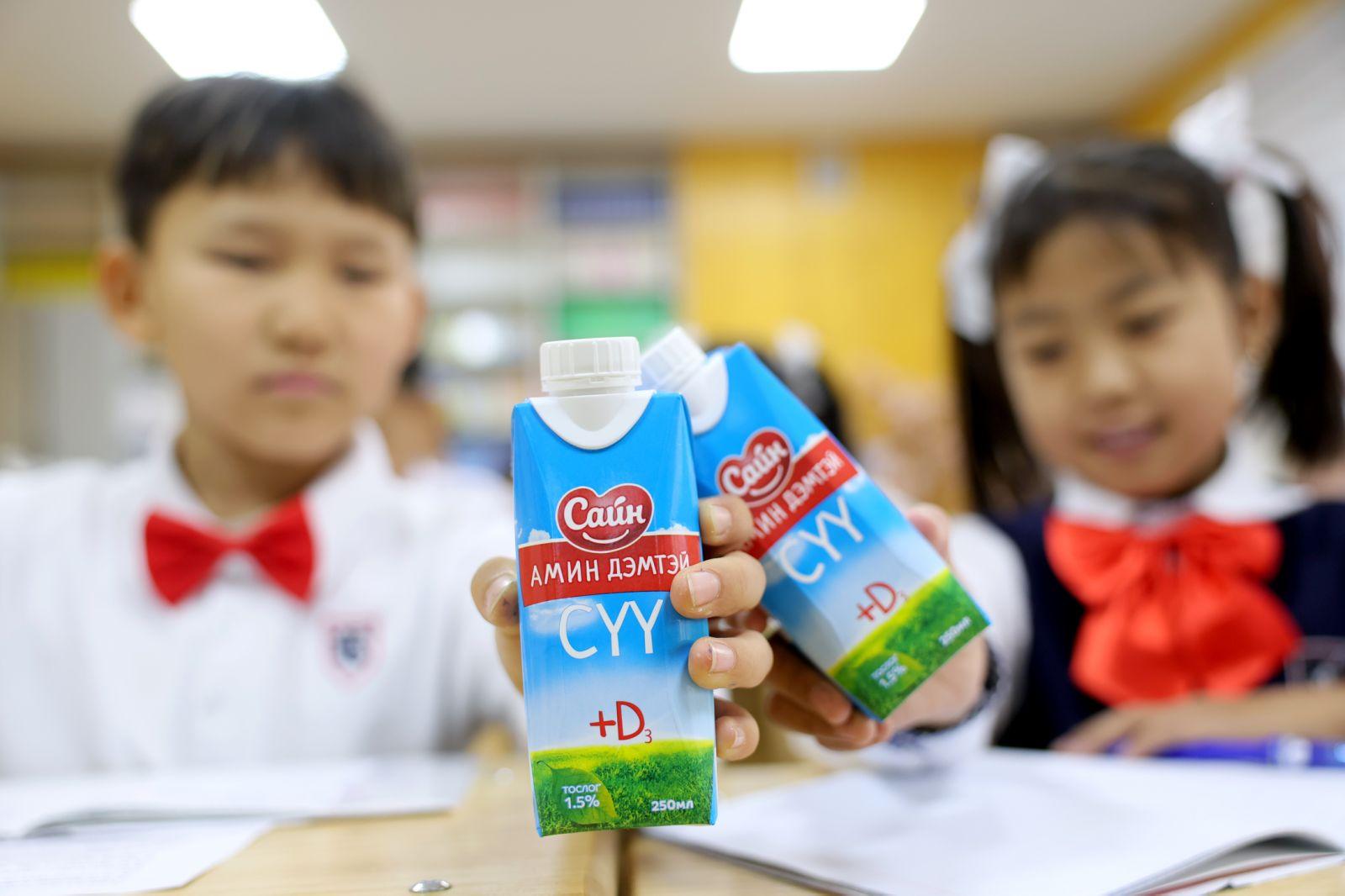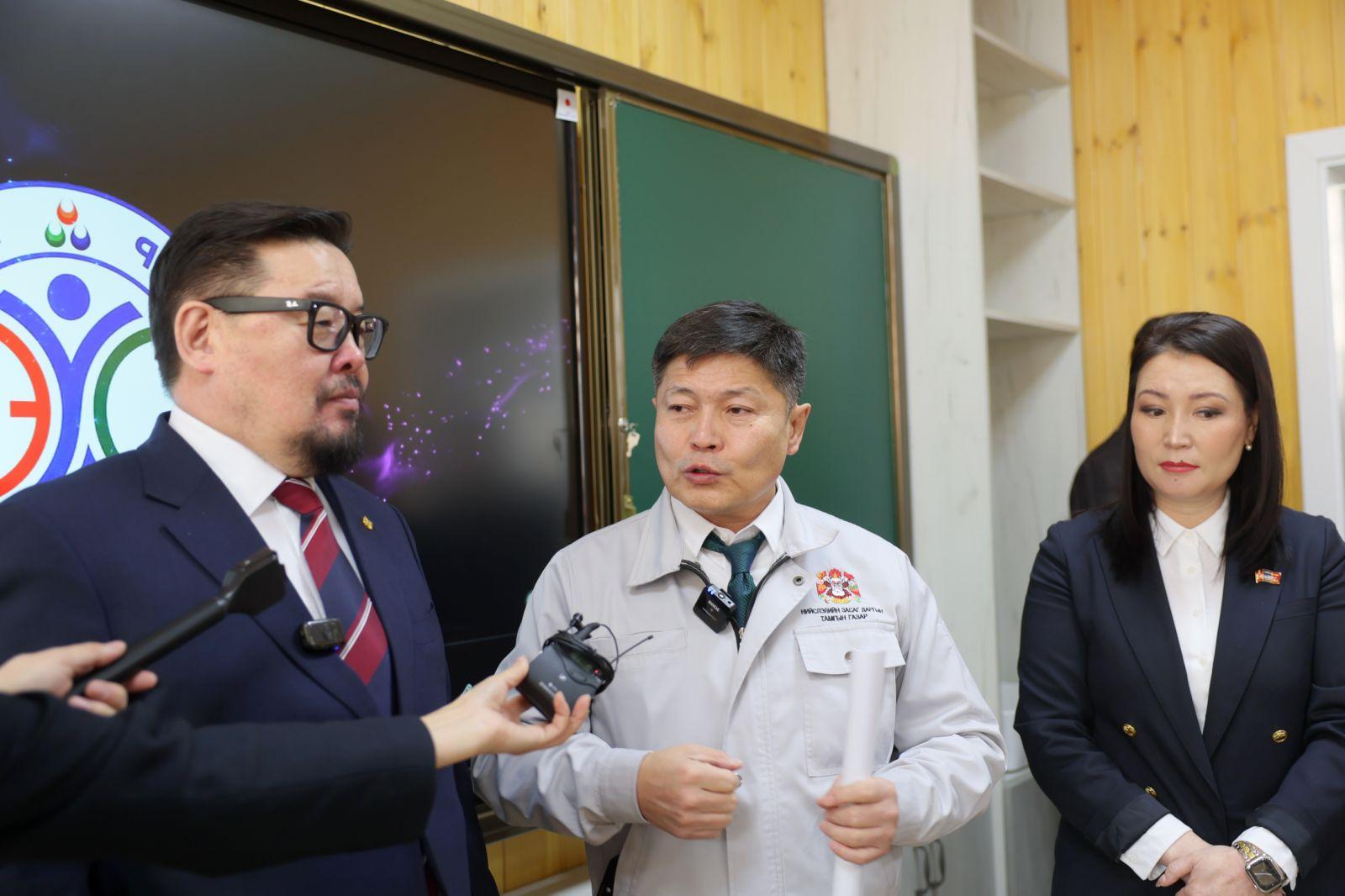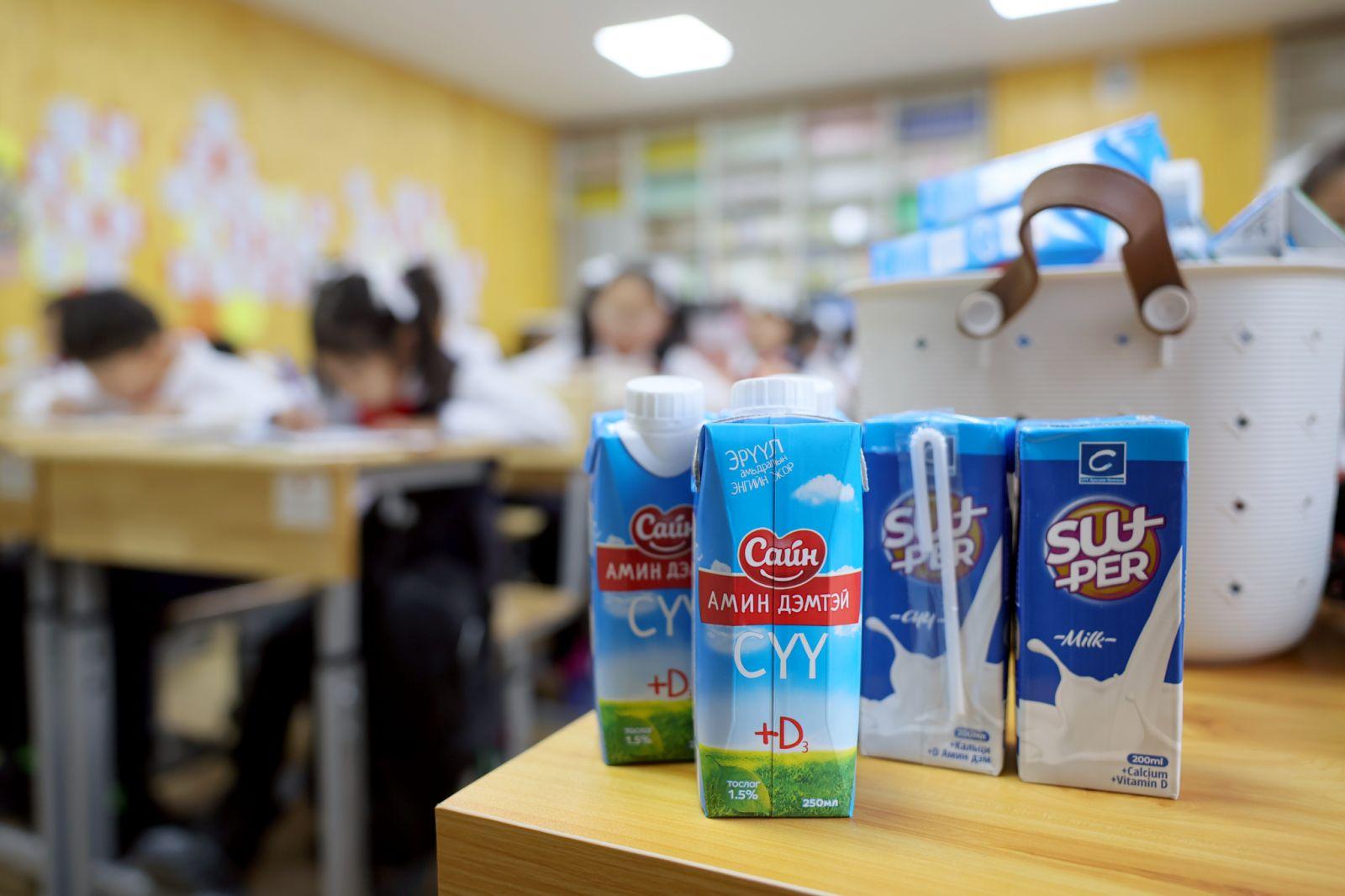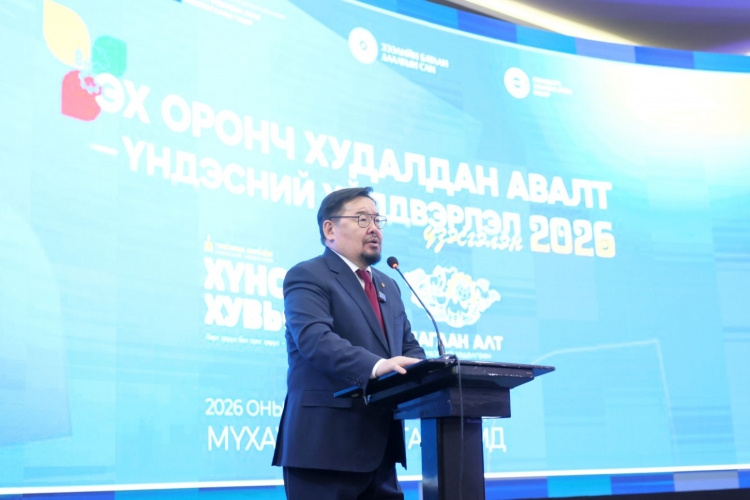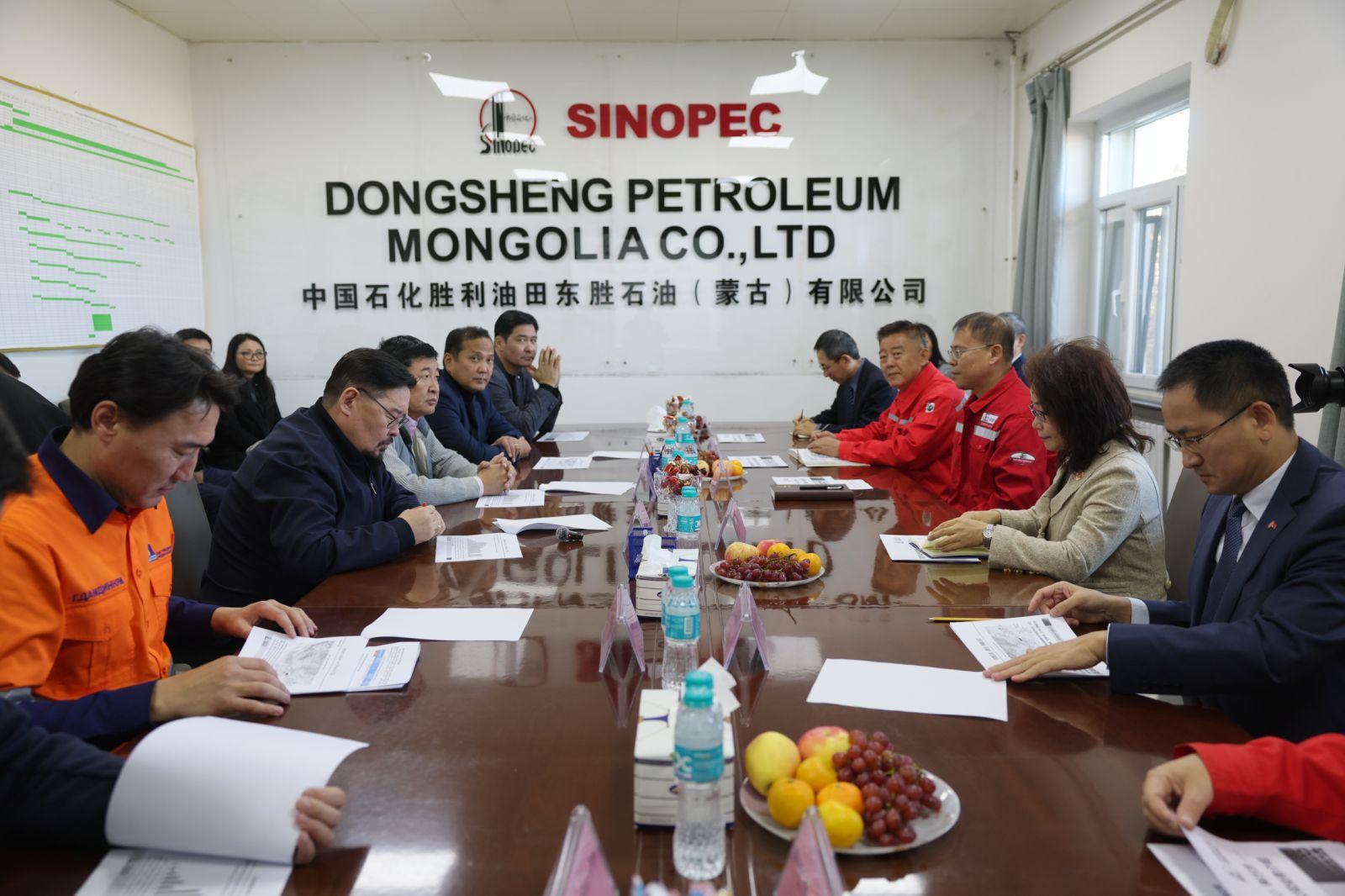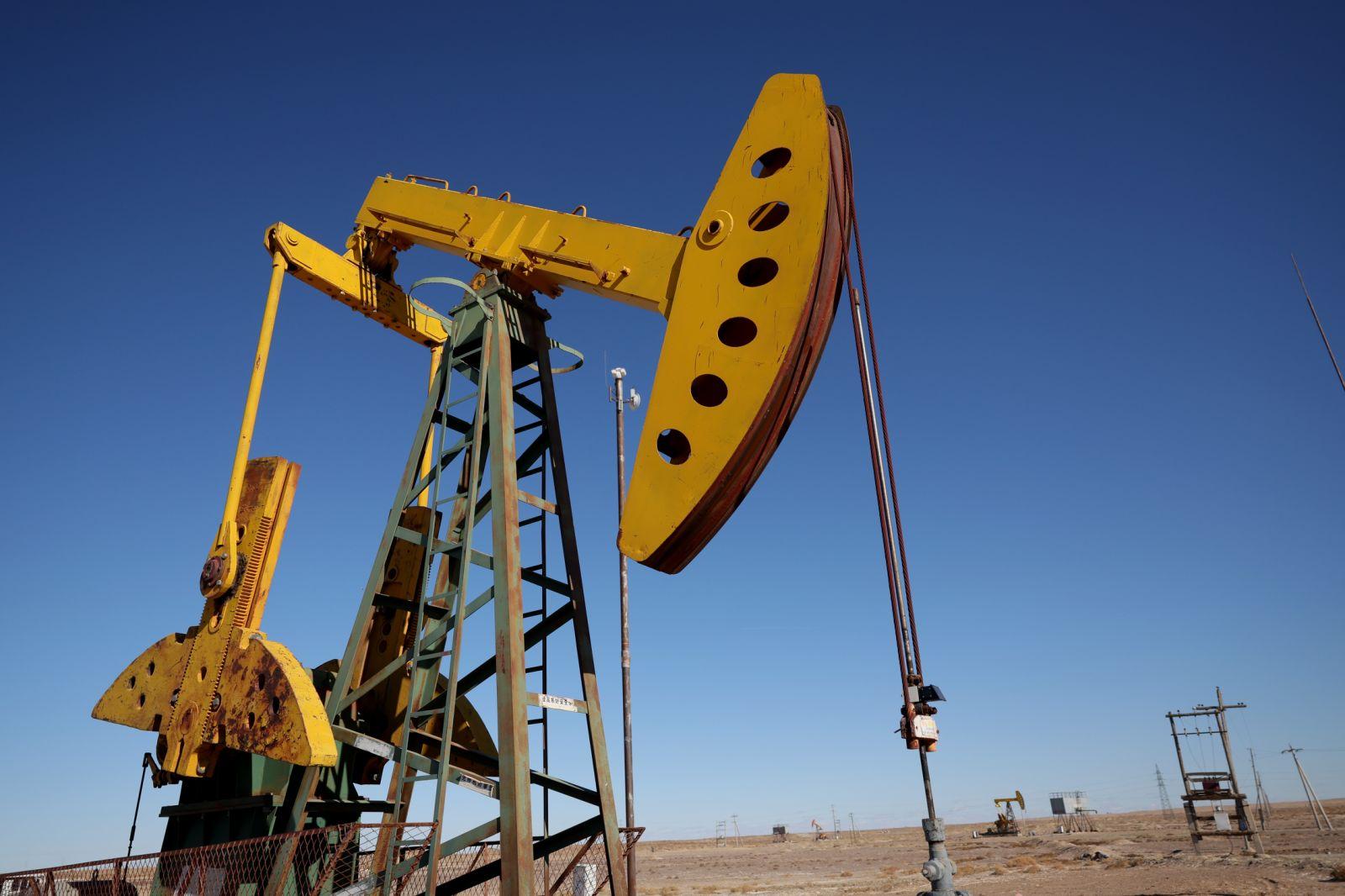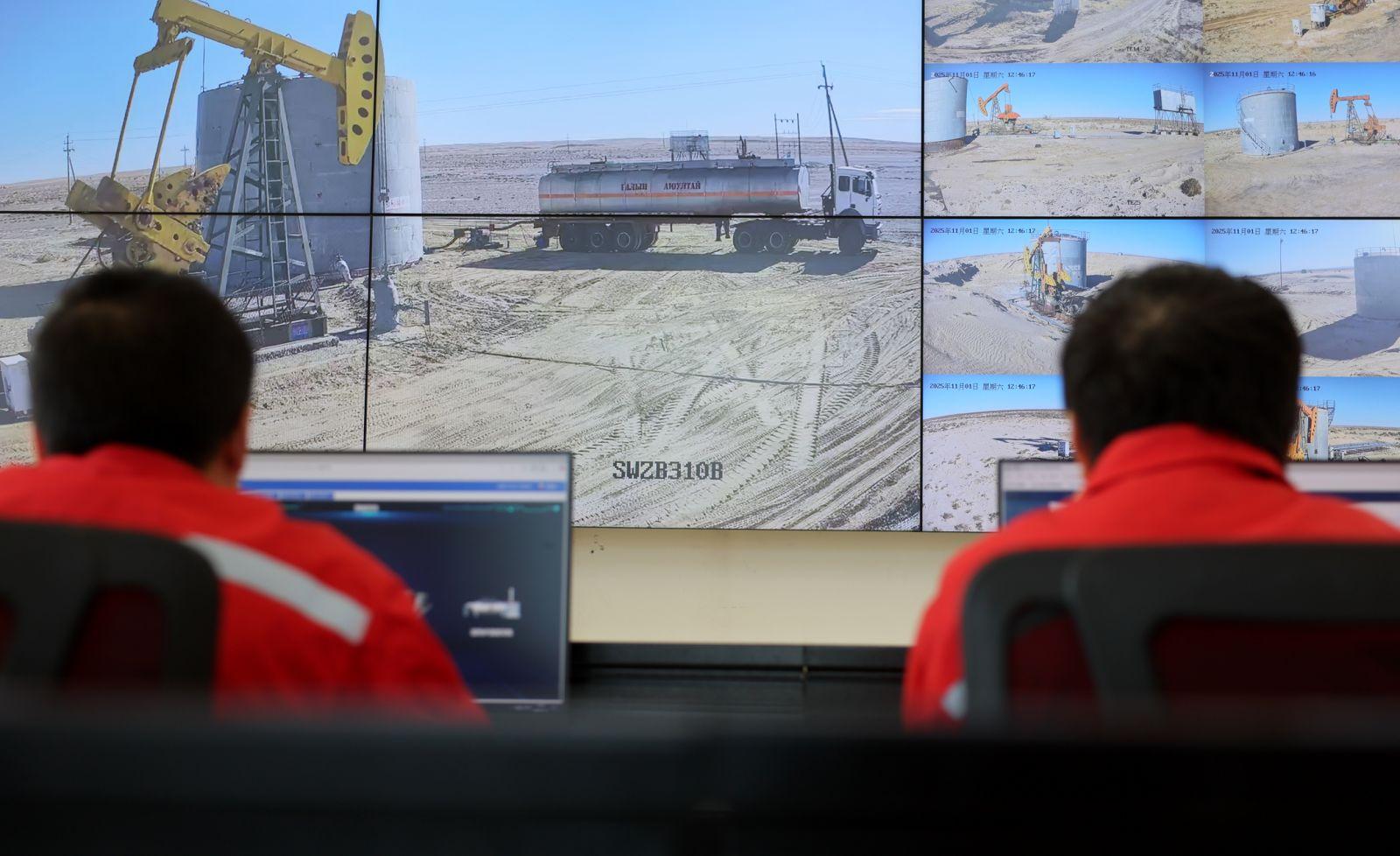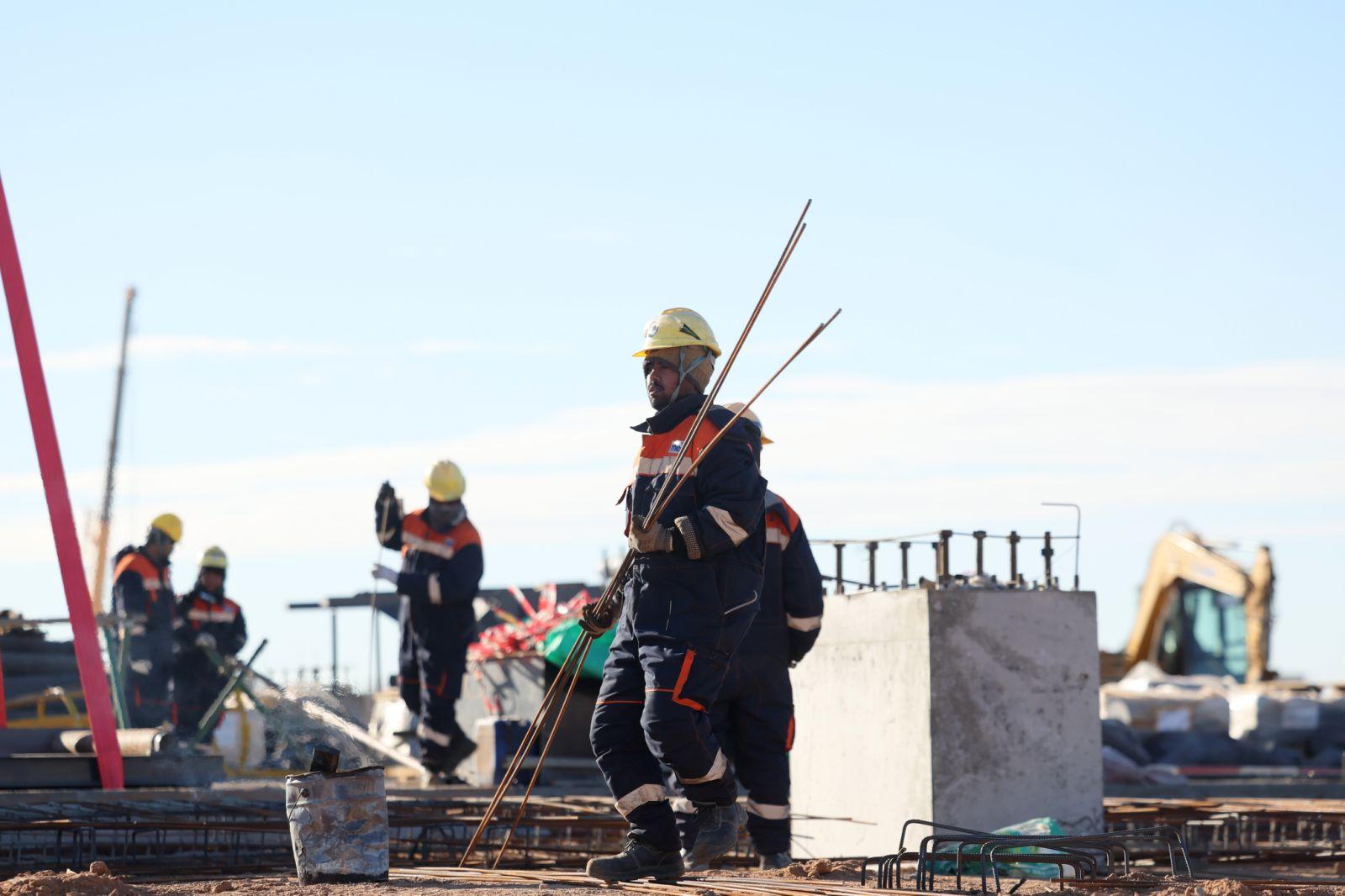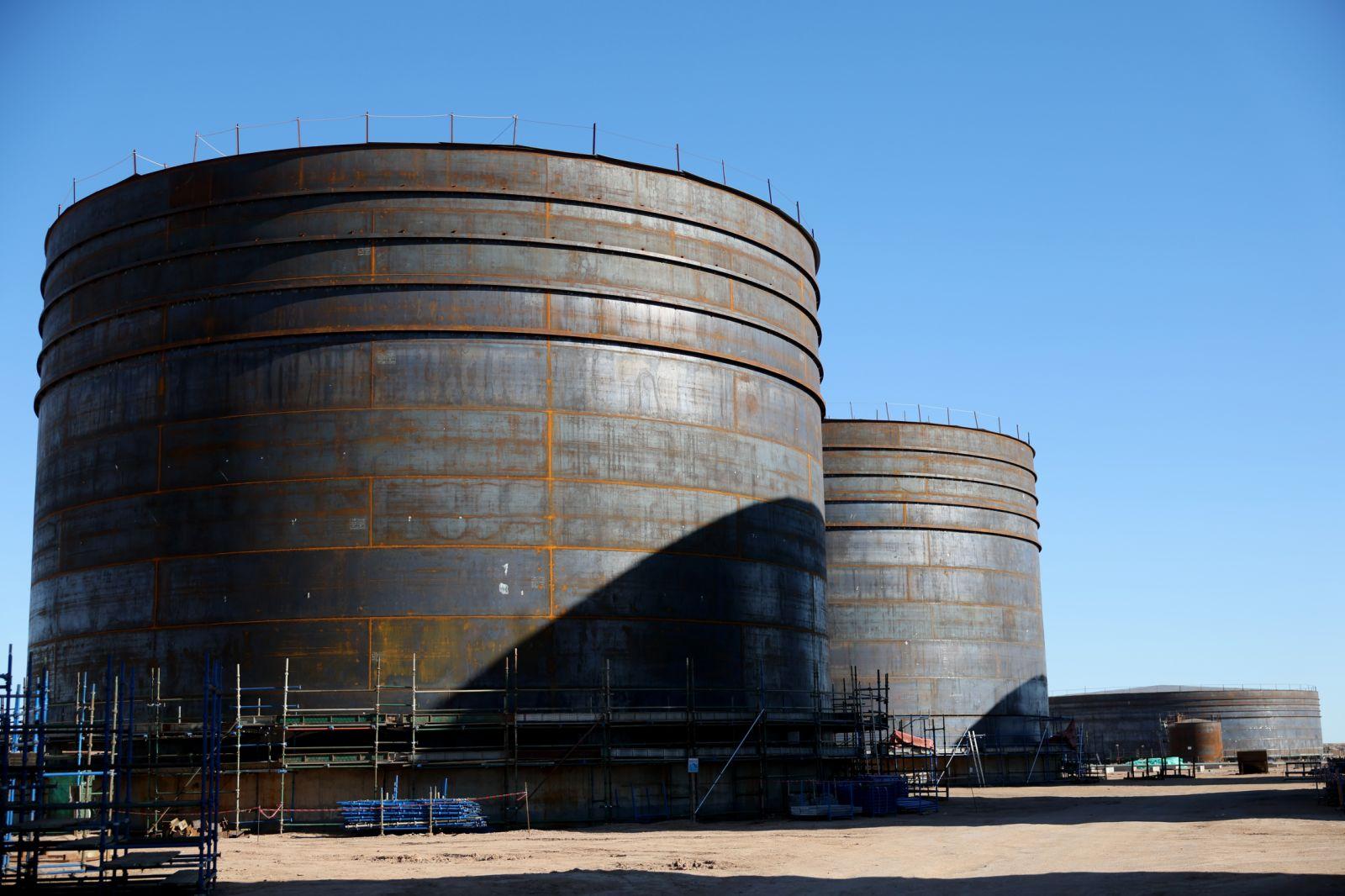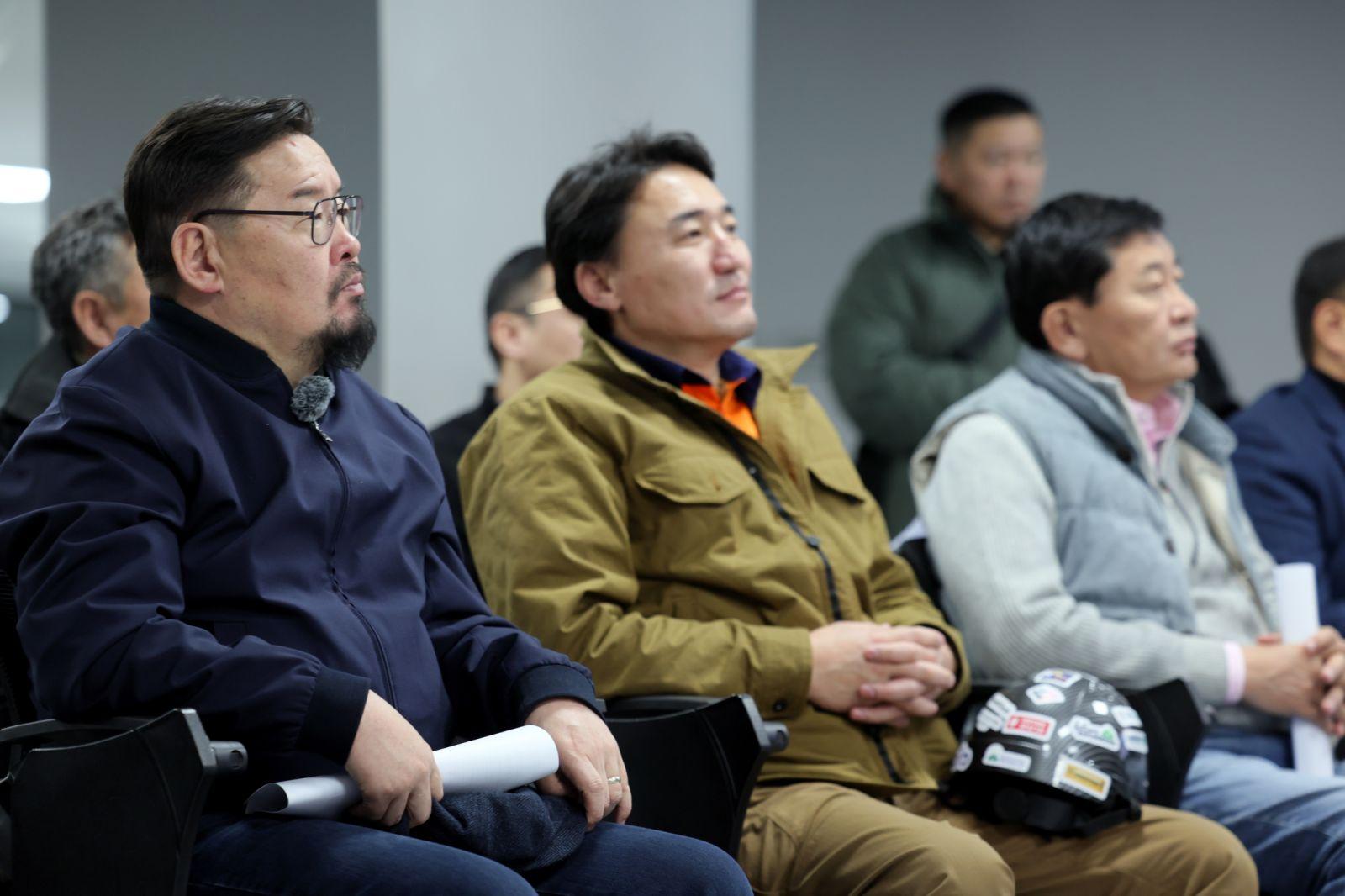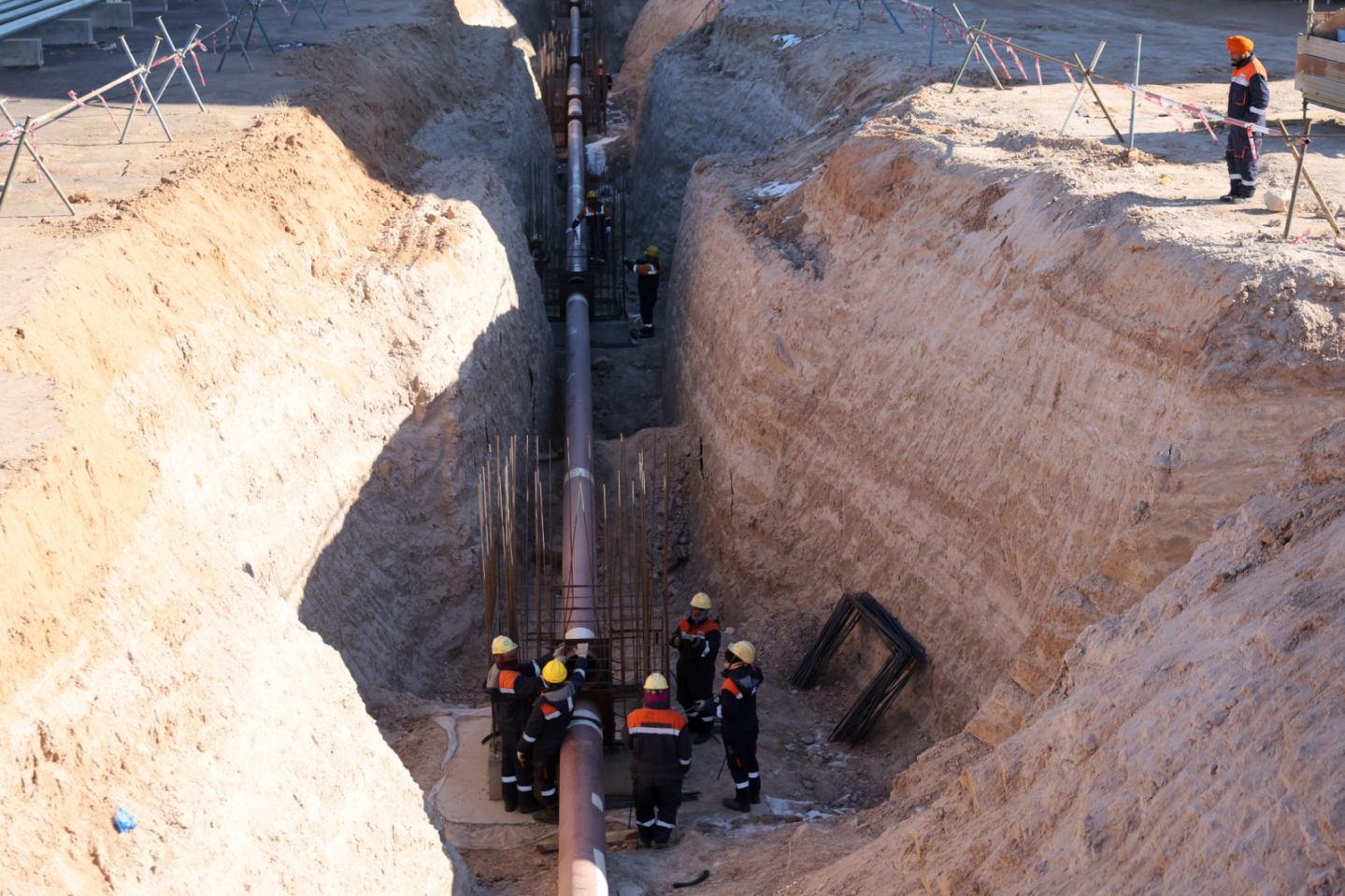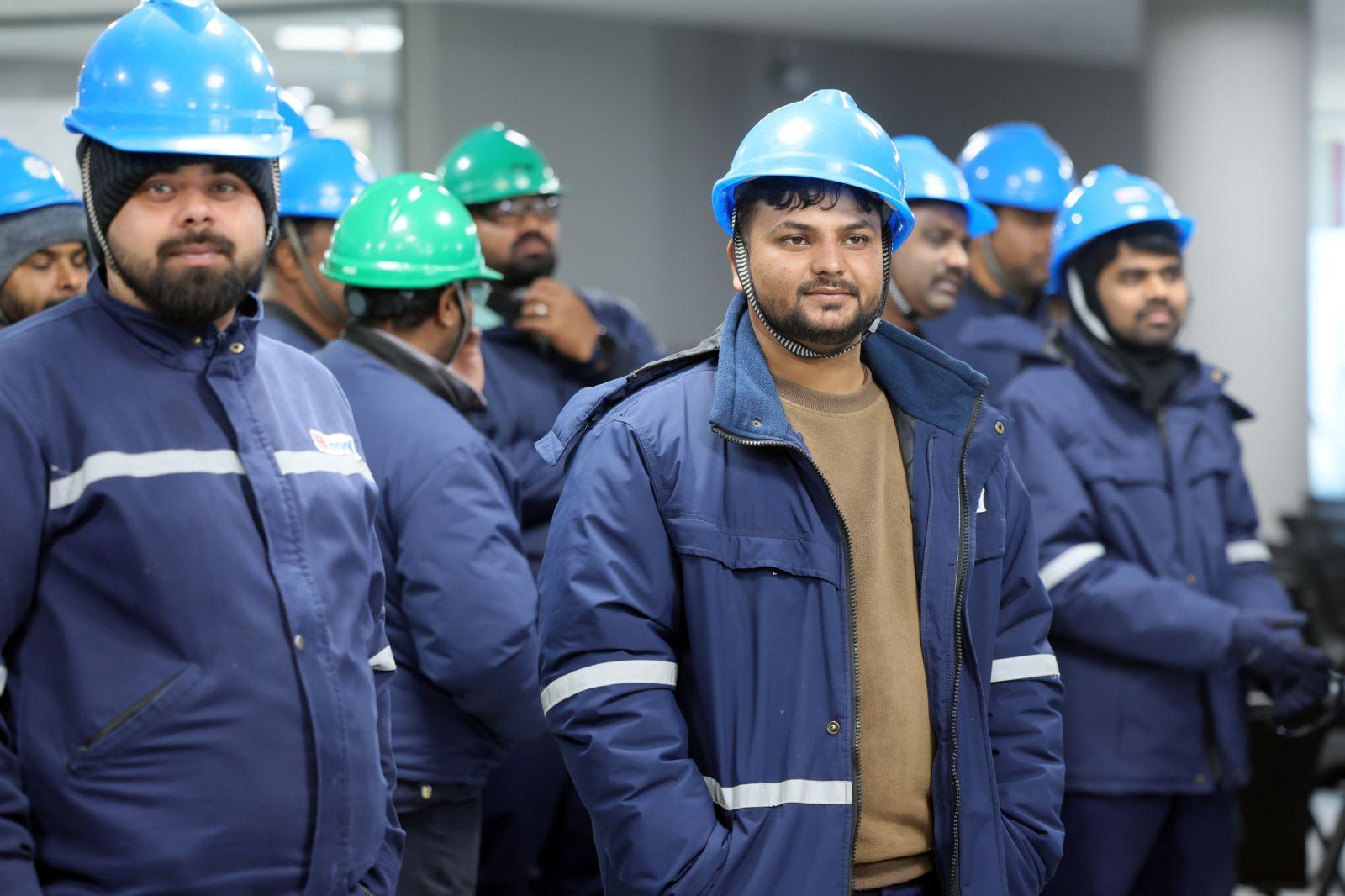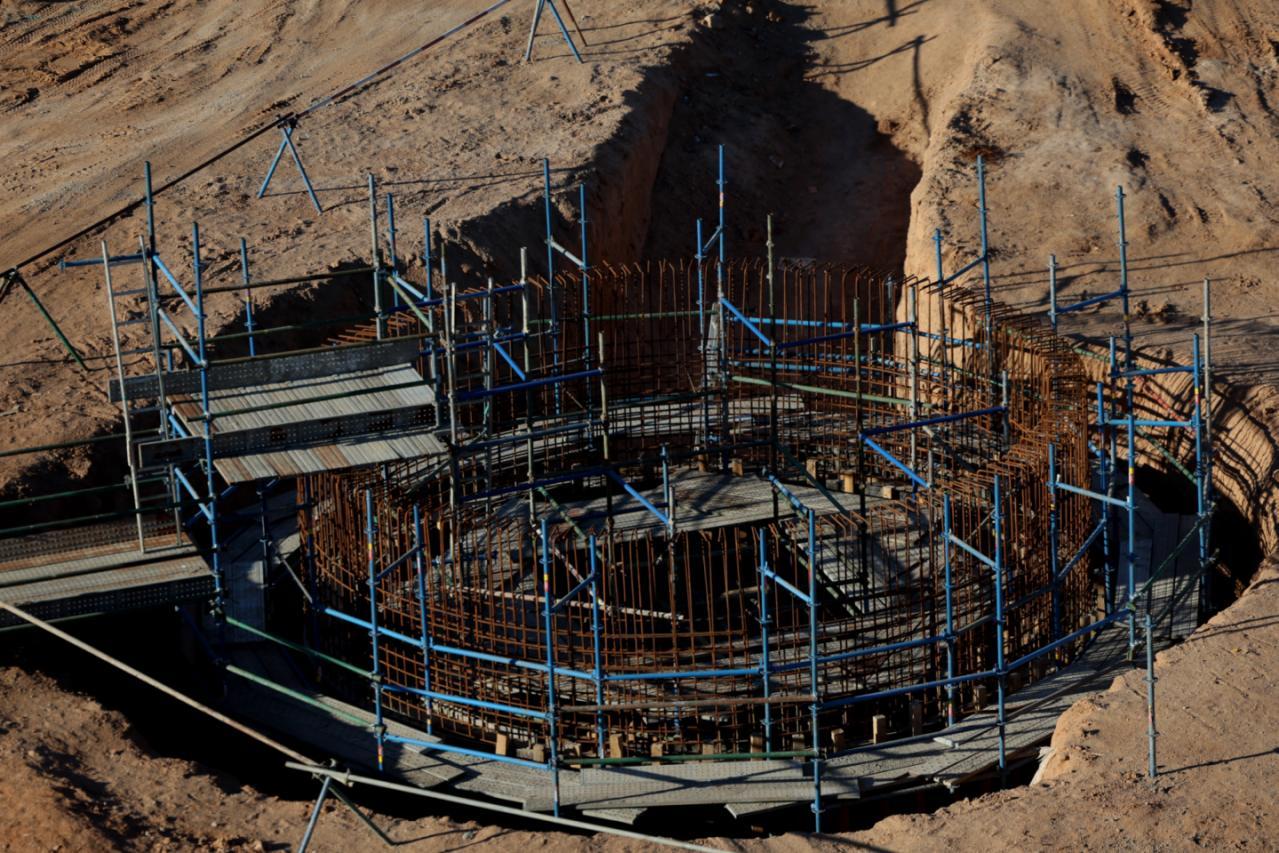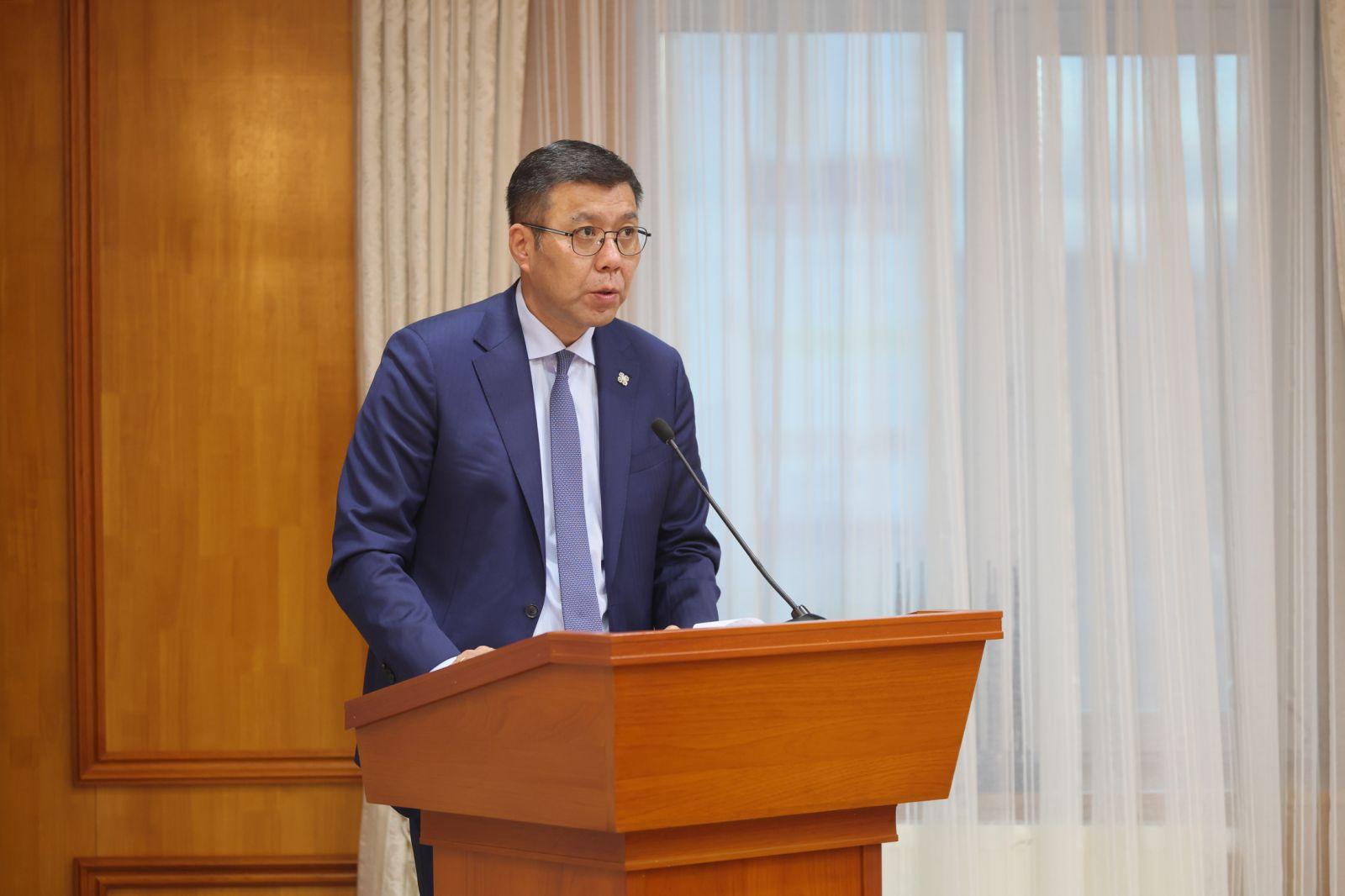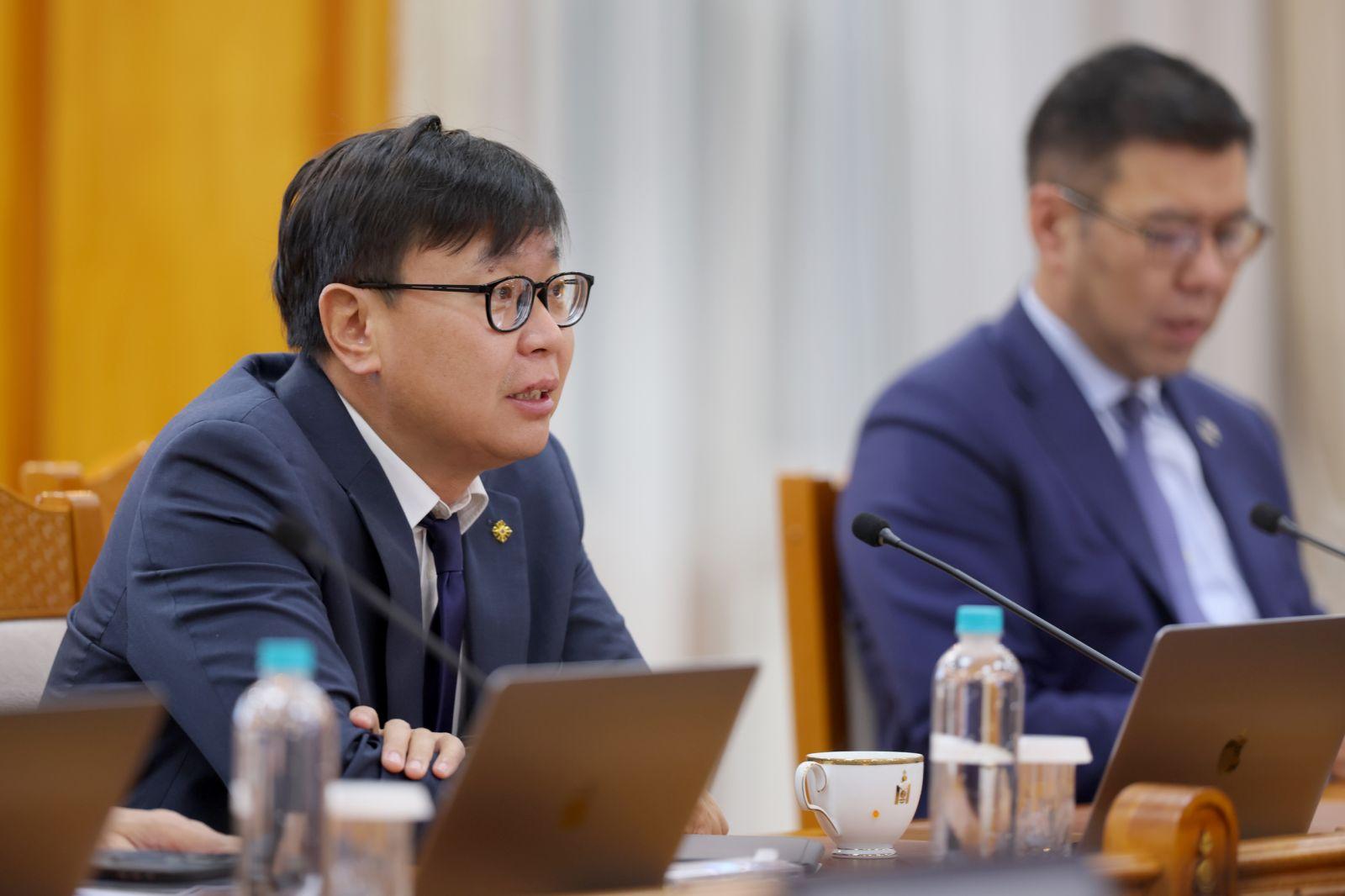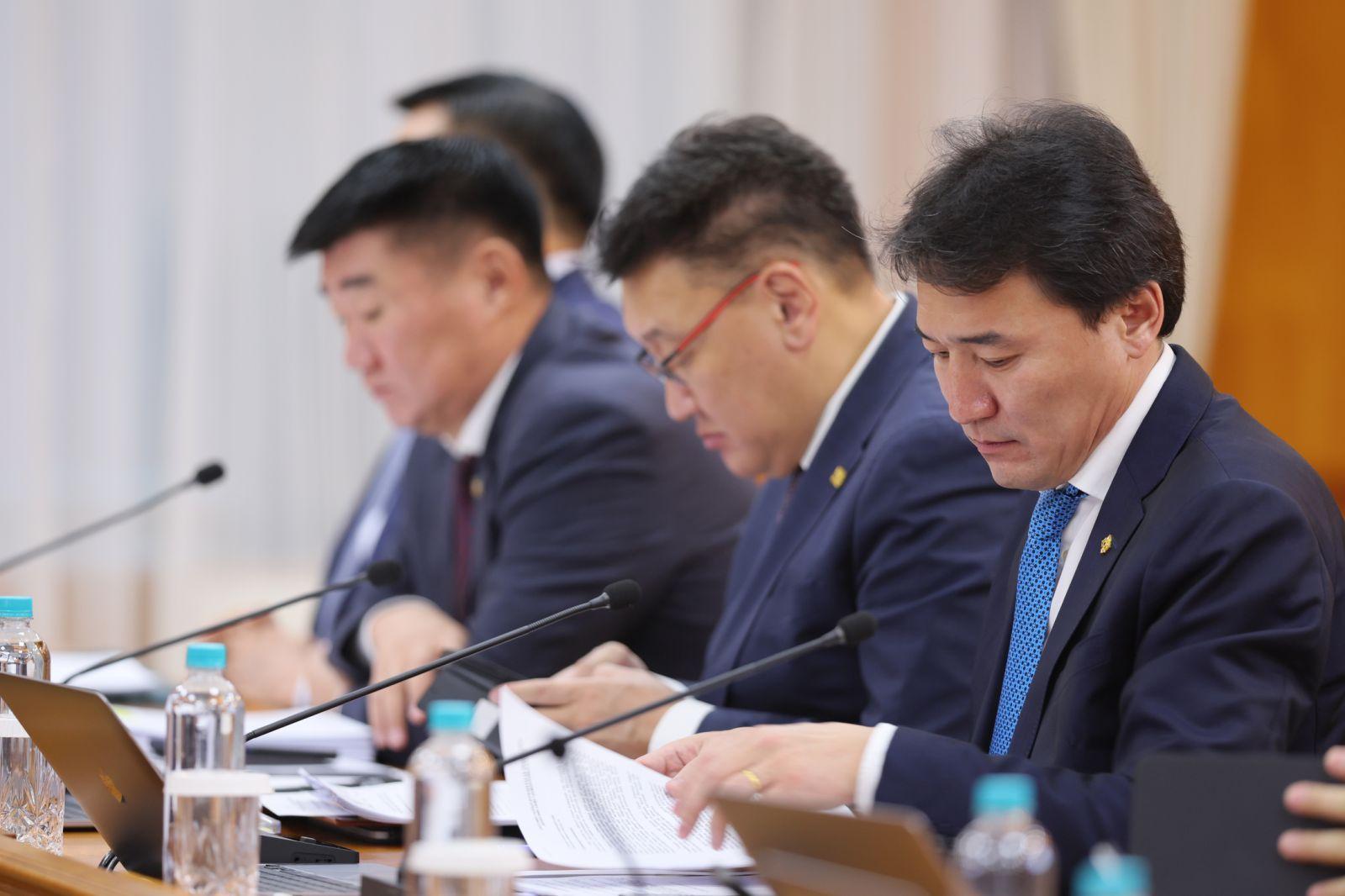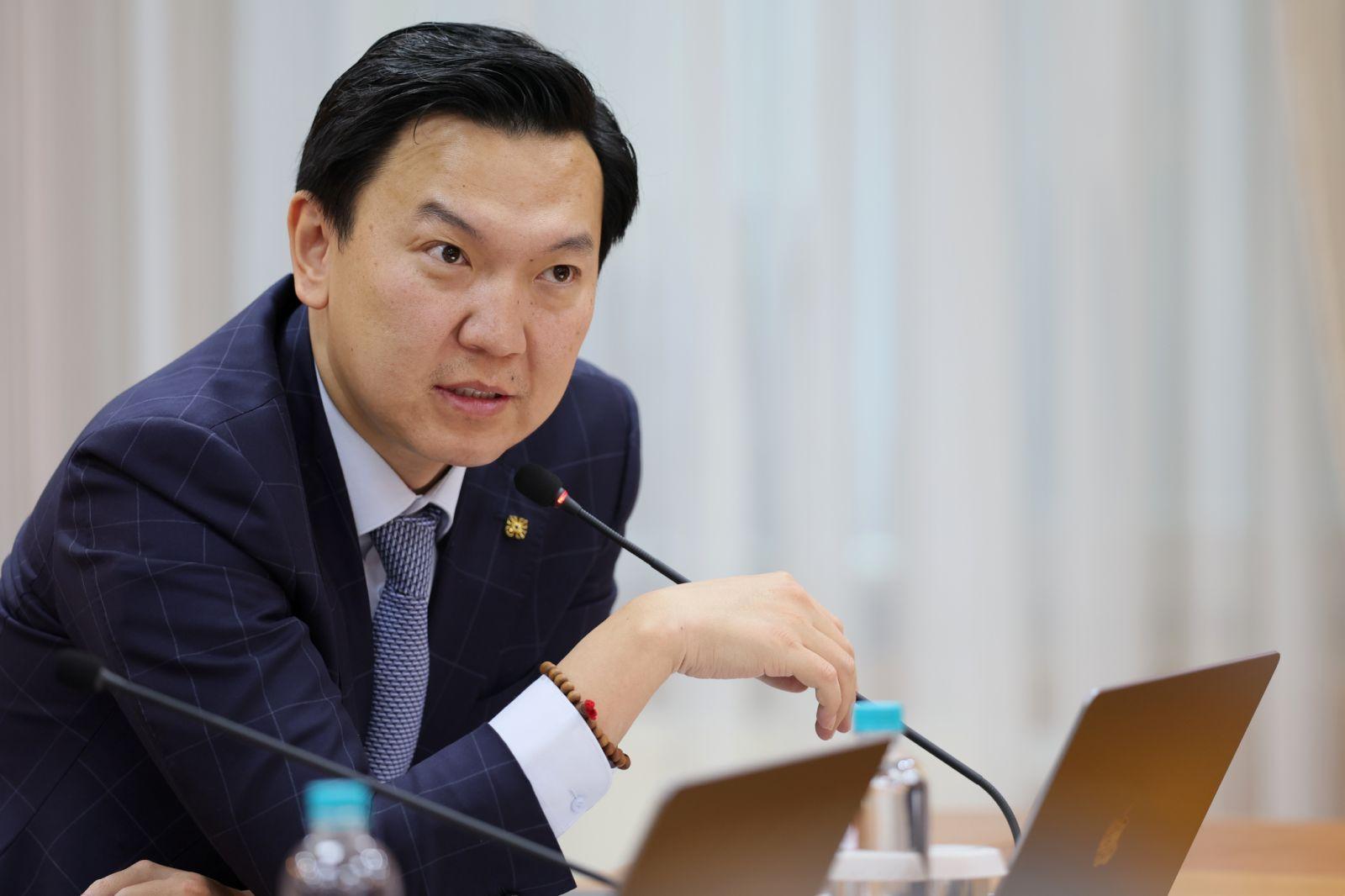Prime Minister of Mongolia G. Zandanshatar received Ms. Yasmine Fouad, Executive Secretary of the United Nations Convention to Combat Desertification (UNCCD), on 3 February 2026.
During the meeting, Prime Minister G. Zandanshatar provided an overview of the progress of preparations for hosting the 17th session of the Conference of the Parties to the UNCCD (COP17), scheduled to take place in Mongolia from 17 to 28 August 2026. He underscored that the Government of Mongolia is working in close cooperation with the Convention Secretariat and relevant partners to ensure the successful organization of the conference.
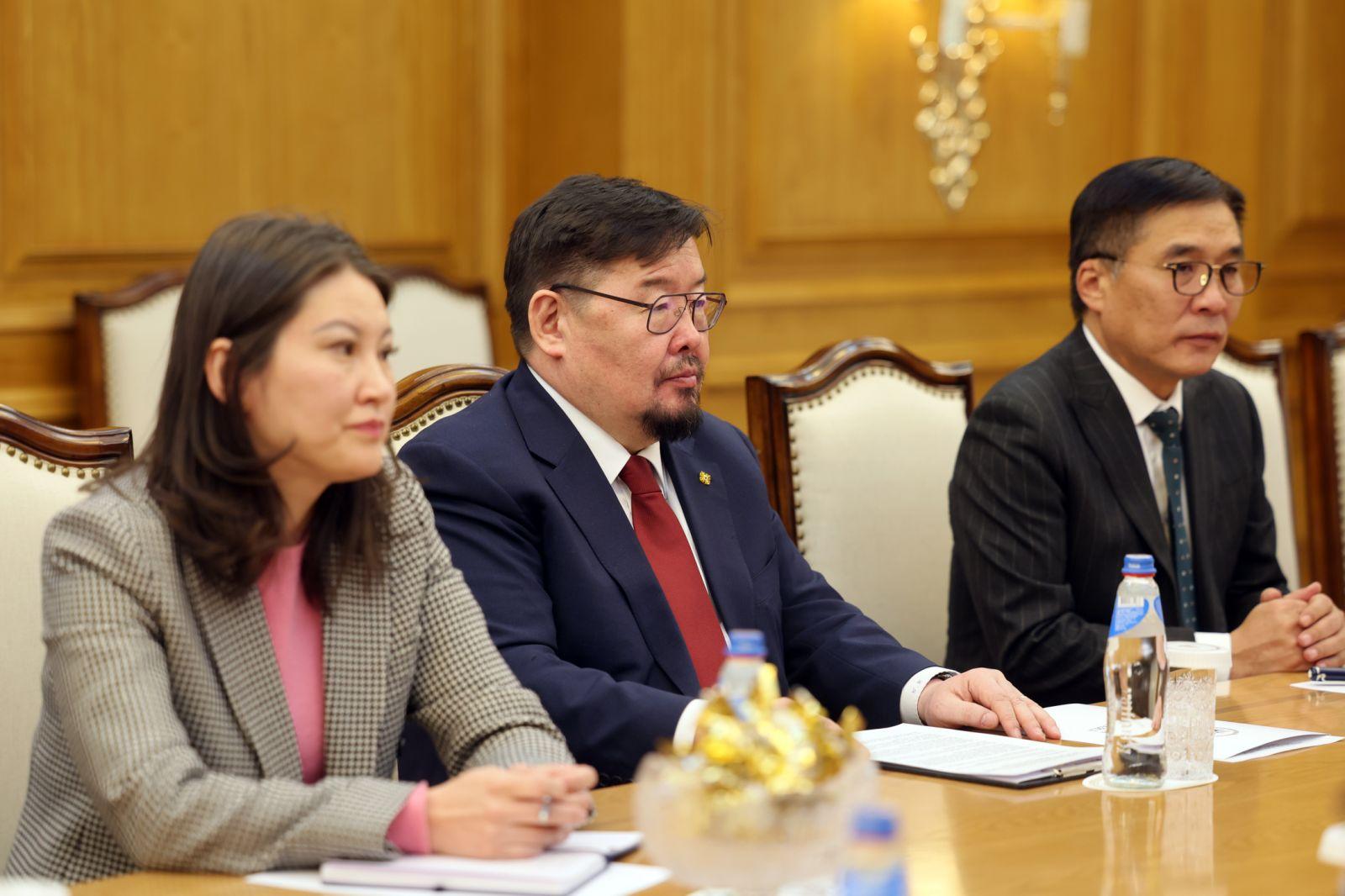
The Prime Minister further highlighted that, at Mongolia’s initiative, the United Nations has proclaimed 2026 as the “International Year of Rangelands and Pastoralists,” noting that this designation is closely aligned with the agenda, priorities, and expected outcomes of COP17.
Executive Secretary Yasmine Fouad expressed appreciation for Mongolia’s proactive and responsible efforts as the host country in advancing preparations for COP17. She reaffirmed that the UN Resident Coordinator’s Office and the Convention Secretariat will extend comprehensive policy and organizational support to facilitate the successful convening of the conference and will continue to work closely with the Government of Mongolia.
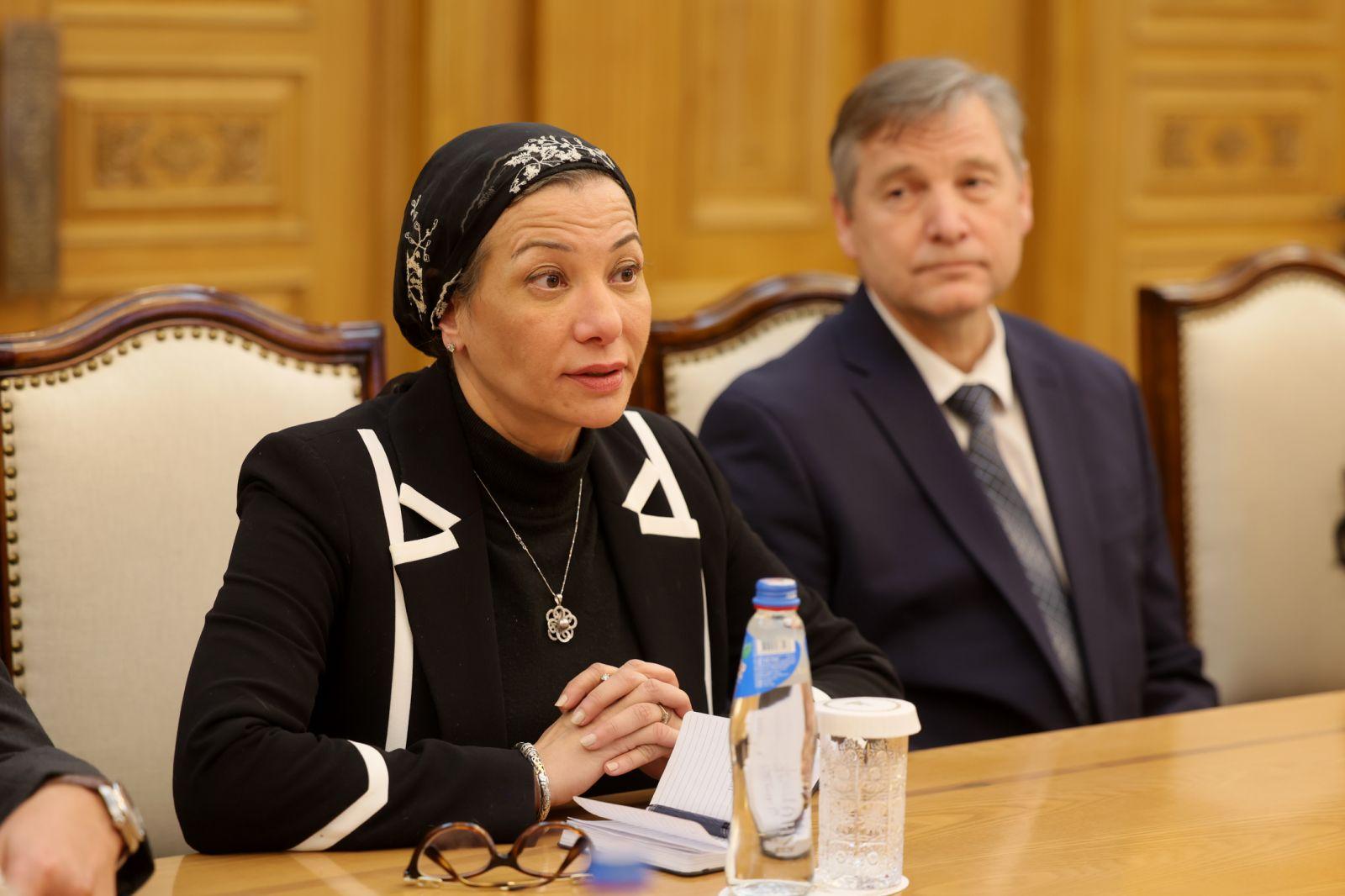
During a Cabinet meeting held on 28 January, the Chief of the Cabinet Secretariat, S. Byambatsogt, presented to Cabinet members an update on the progress of work conducted by the sub-working group responsible for evaluating proposals submitted by companies that have expressed interest in investing in and partnering on the Copper Concentrate Smelting and Processing Plant project to be implemented based on Erdenet Mining Corporation, a state-owned enterprise.
In September of last year, pursuant to an order of the Prime Minister, a Working Group was established to accelerate the implementation of the project to construct a copper concentrate smelting and processing plant at Erdenet Mining Corporation. The Working Group is chaired by S. Byambatsogt, Chief of the Cabinet Secretariat.
General information regarding the project was disseminated to 55 companies from more than 20 countries. To date, 13 companies from seven countries have officially expressed their interest in investing in and cooperating on the project.
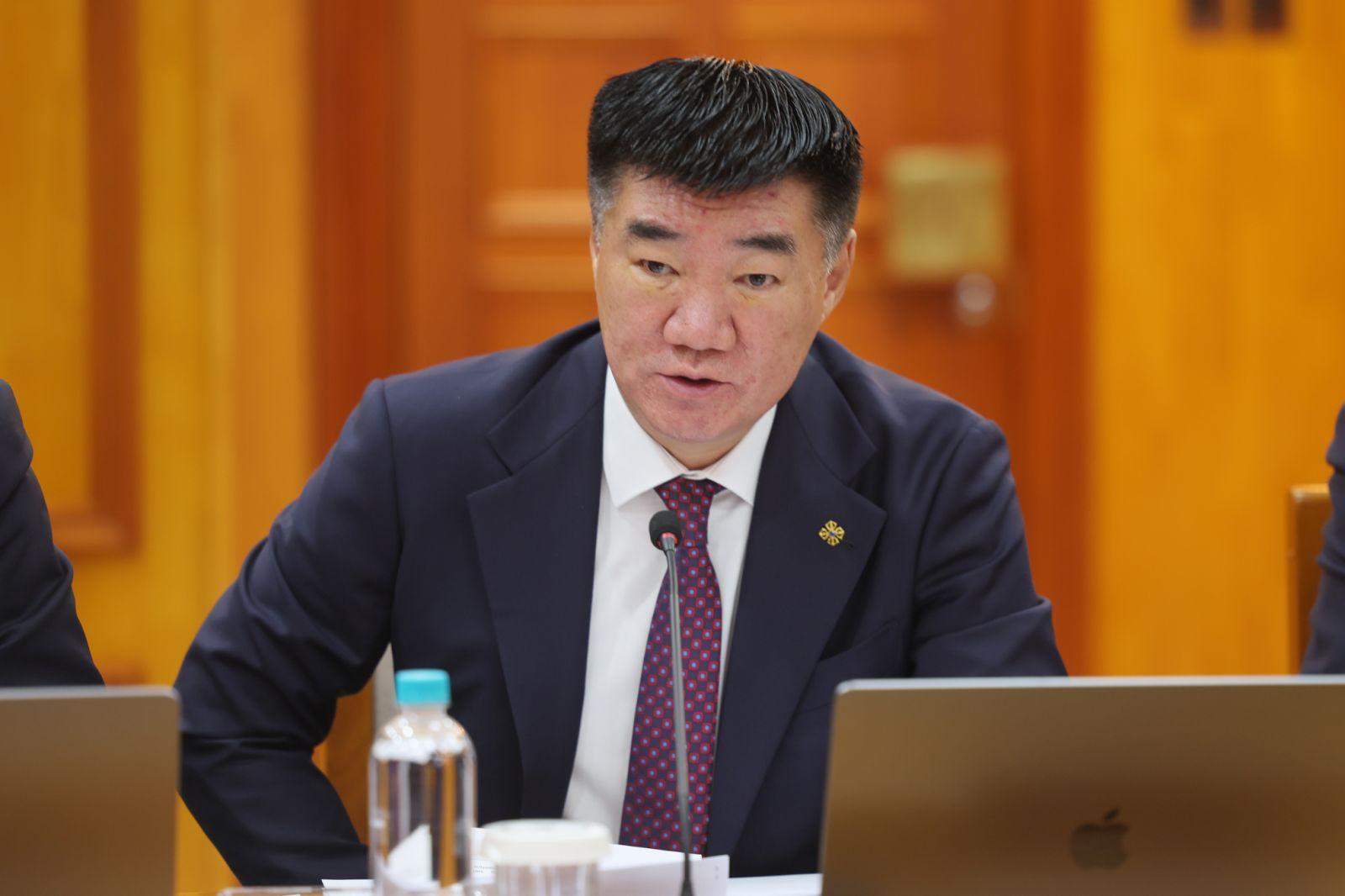
To identify the most qualified investor and contractor, the sub-working group conducted an evaluation of the submitted proposals, taking into consideration the companies’ experience in implementing similar projects, proposed technical and technological solutions, financial and economic capacity, and comparative advantages.
The companies currently under consideration include:
- NFC (People’s Republic of China)
- Jiangxi Copper (People’s Republic of China)
- A consortium comprising Liantou New Energy Technology, China ENFI Engineering Corporation, and Shanxi Northern Copper Industry (People’s Republic of China)
- Glencore International AG (Swiss Confederation).
Preparatory work is underway to complete the final stage of the selection process for the investor and contractor for the Copper Concentrate Smelting and Processing Plant project within the first quarter of 2026.
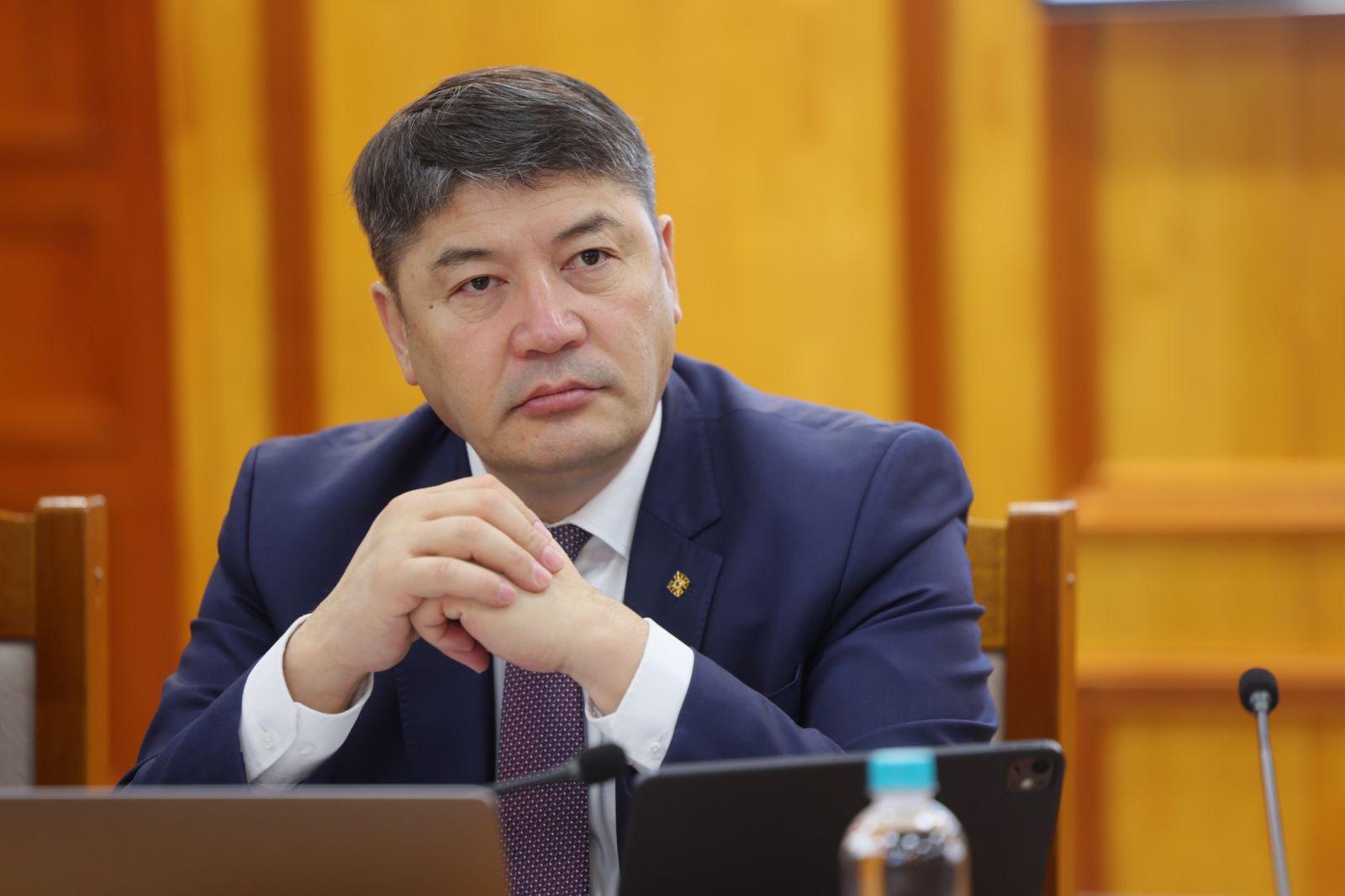
Preparatory Work for Launching Direct Flights Between Mongolia and the United States Is Ongoing
At the Cabinet meeting held on 28 January, the Government discussed the progress of preparatory work for launching direct flights between Mongolia and the United States of America.
In 2023, the Governments of Mongolia and the United States concluded an Air Transport Agreement, thereby establishing the legal framework for operating direct flights between the two countries.
From the Mongolian side, to commence direct flights, it is required to undergo the International Aviation Safety Assessment (IASA) conducted by the U.S. Federal Aviation Administration, as well as a security assessment by the Transportation Security Administration. As part of the preparatory work for launching direct flights, the Civil Aviation Authority of Mongolia announced a selection process and, in 2024, entered into a consultancy agreement with the U.S.-based company The Wicks Group Consulting to obtain professional guidance for the IASA assessment.
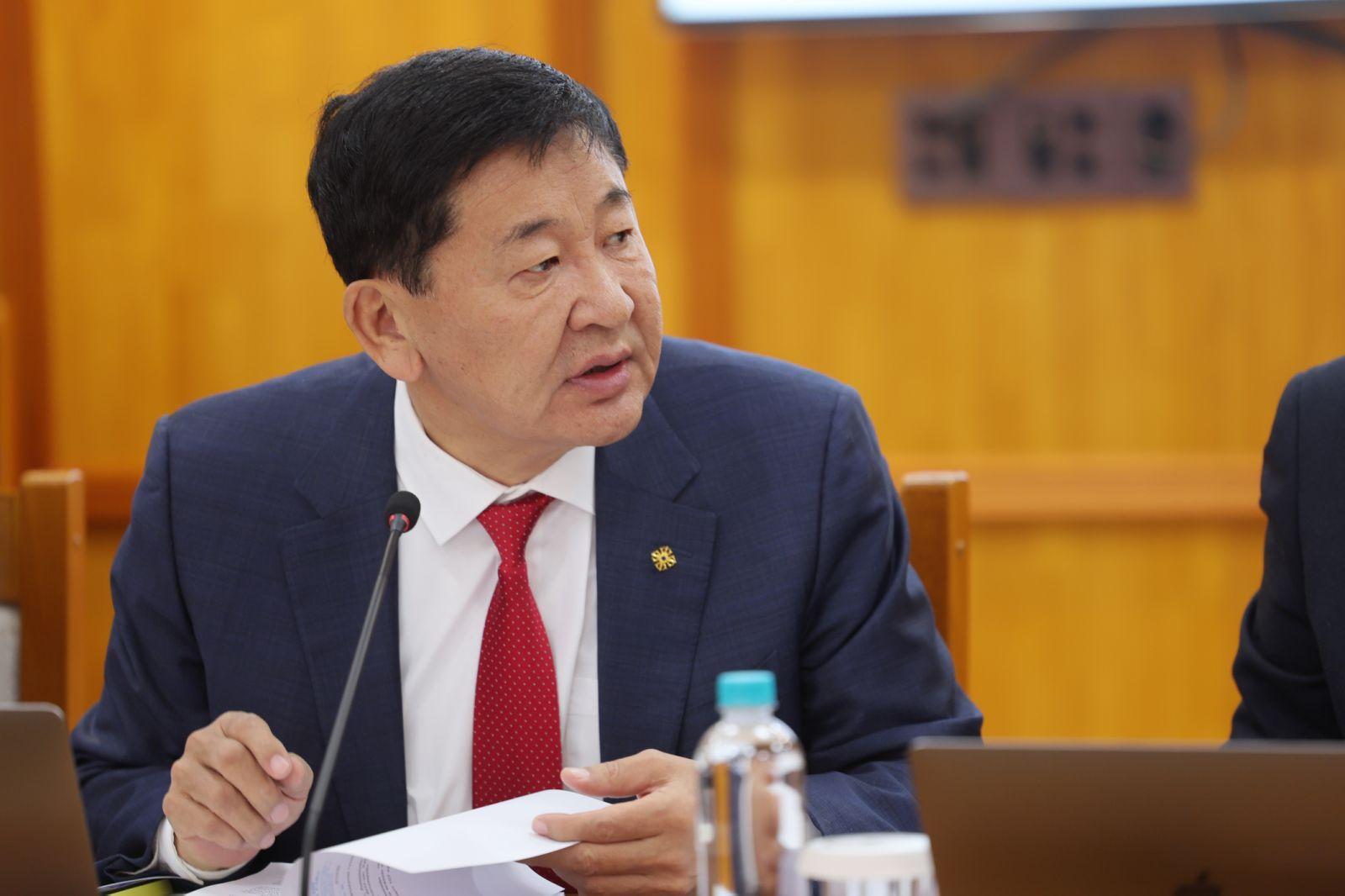
Mongolian civil aviation sector organizations are currently implementing the recommendations provided through the consultancy services. To fully complete preparations for the IASA assessment, discussions have been held regarding the financing of the second phase of consultancy services through the United States Trade and Development Agency.
It is planned that a grant agreement will be concluded soon between the Government of the United States and USTDA, and the Government of Mongolia and the Civil Aviation Authority of Mongolia.
Prime Minister G. Zandanshatar on January 26 attended the opening of an exhibition showcasing products from domestic small and medium-sized enterprises, organized as part of preparations for the upcoming Tsagaan Sar holiday.
At the event, the Prime Minister announced that the Government is developing a strategy to reduce loan interest rates for national producers and intends to submit it to Parliament during the spring session. He noted that improving financial conditions for SMEs remains a priority for supporting domestic production and employment.
The Prime Minister further stated that a package of tax reform bills will be submitted during the same session. The reforms are expected to reduce the tax burden by 1.6 trillion MNT, primarily benefiting citizens and SMEs.
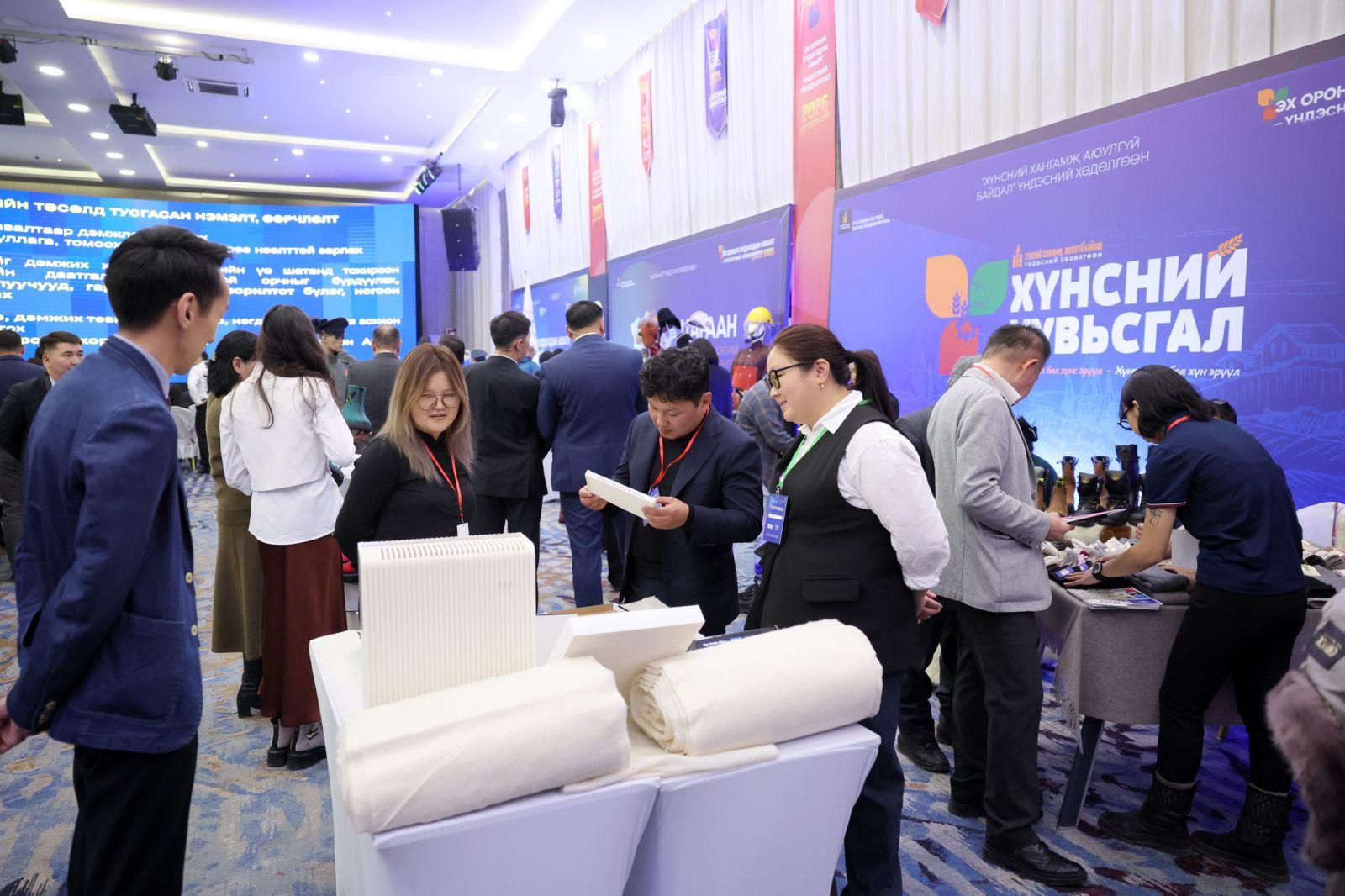
Prime Minister Zandanshatar underscored that strengthening national production contributes to economic stability and job creation. He called on citizens to purchase domestic products ahead of the Tsagaan Sar holiday and emphasized the importance of improving product quality and compliance with standards.
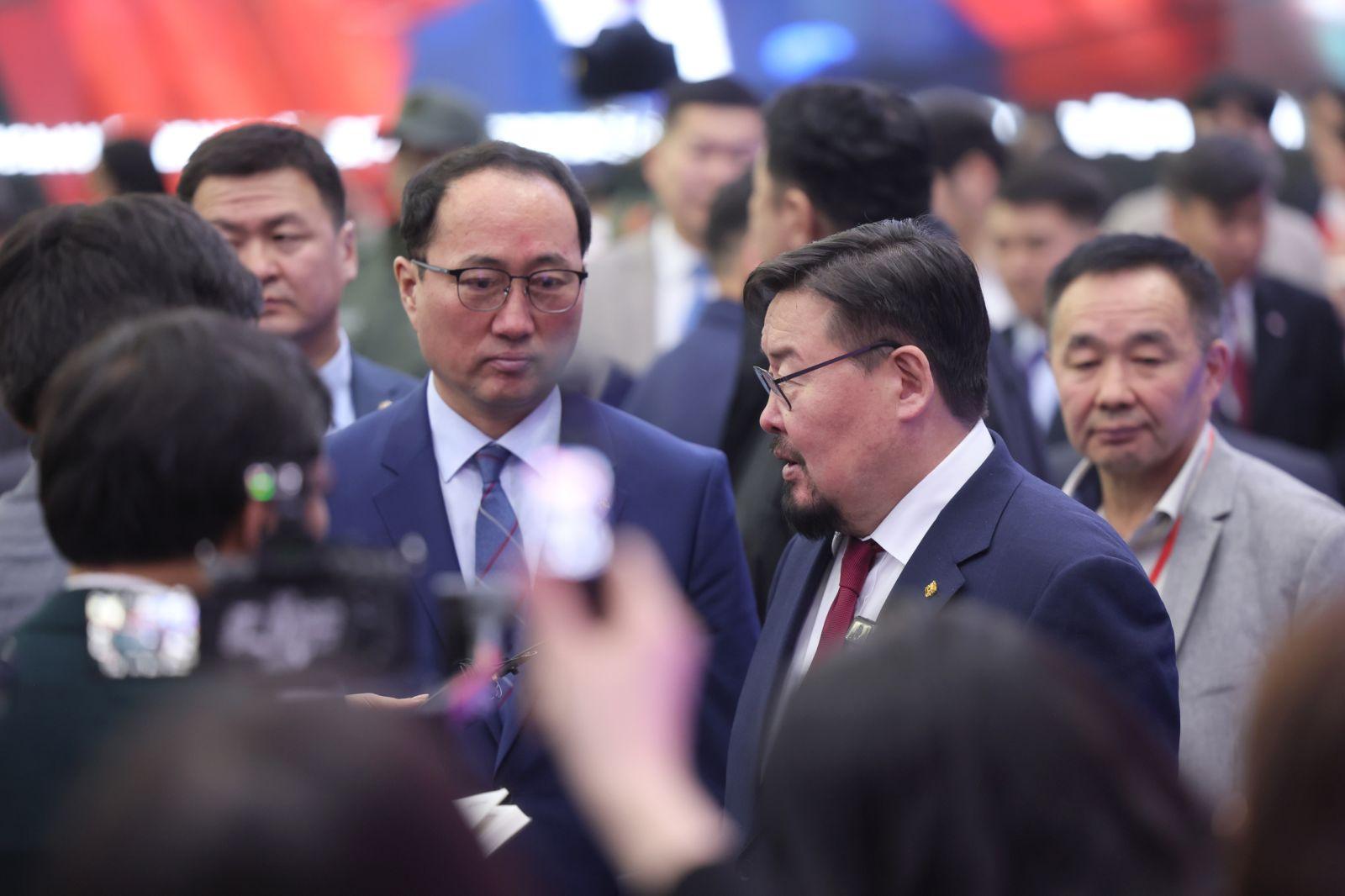
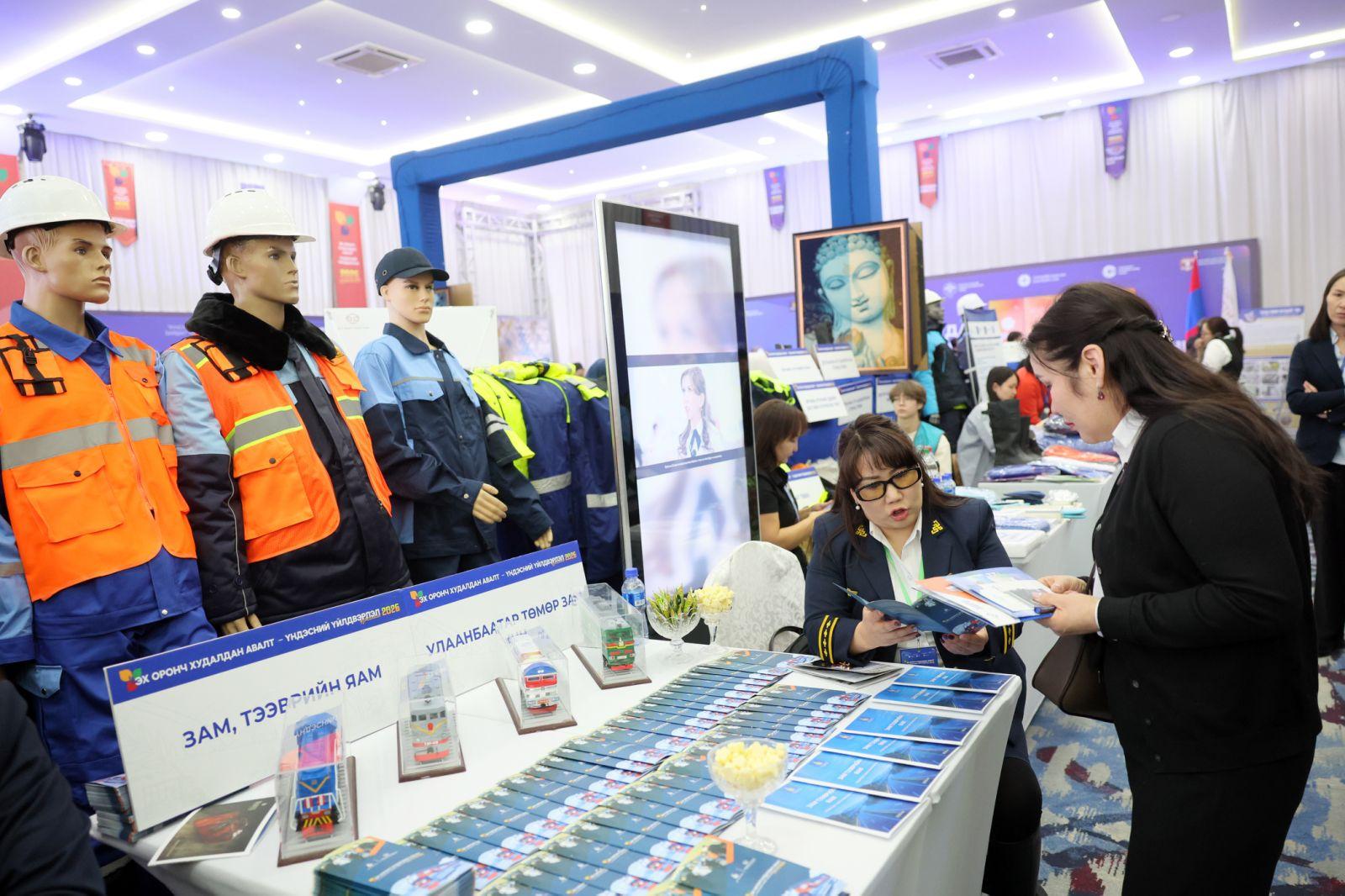
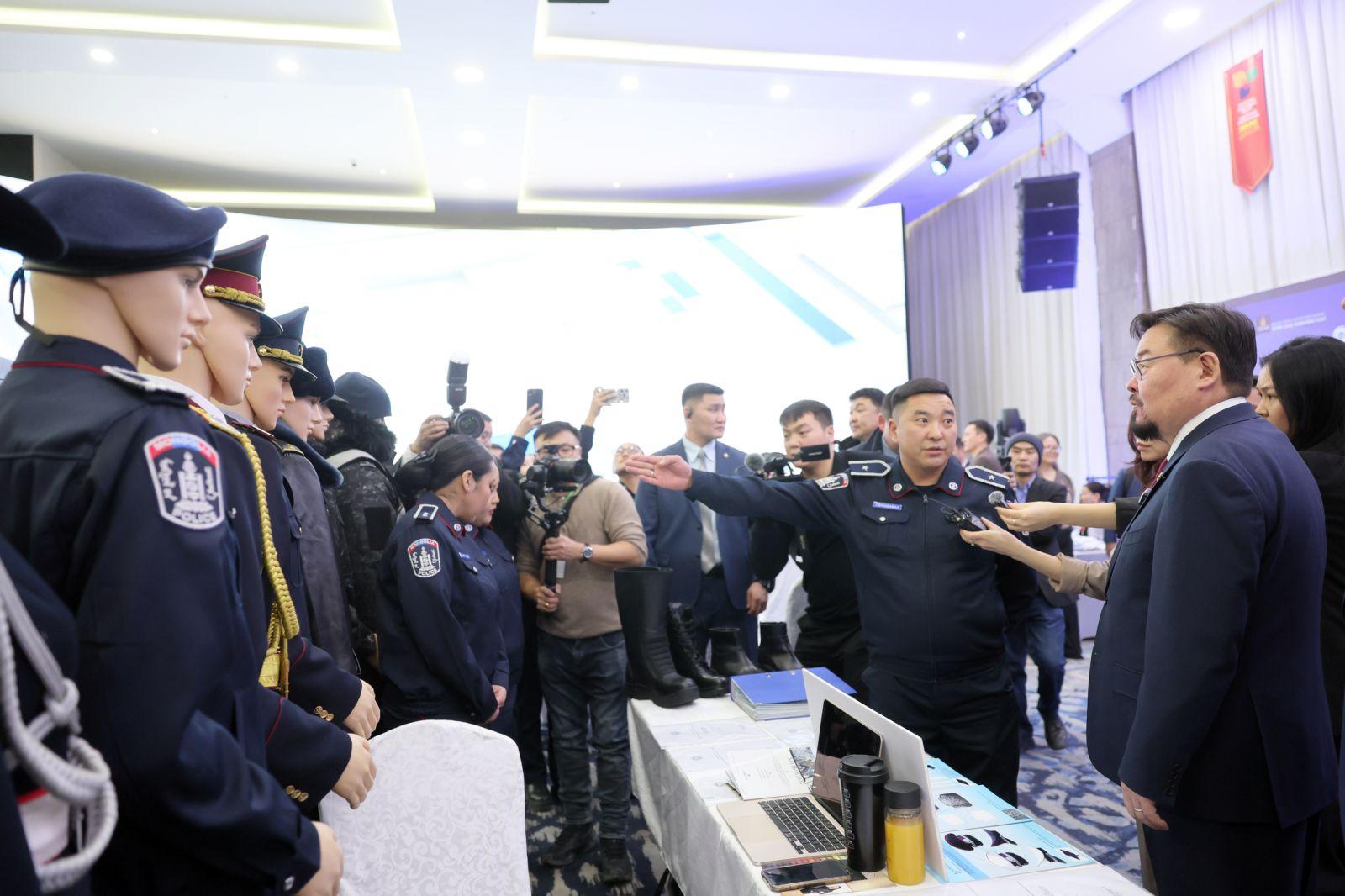
S&P Global Ratings has upgraded Mongolia’s sovereign credit rating from “B+ (positive)” to “BB- (stable)”, the country’s strongest rating in 13 years.
The upgrade reflects improved fiscal discipline, debt management, and sustained economic growth. Since taking office, Prime Minister G.Zandanshatar has amended the 2025 budget, cutting spending by MNT 2.2 trillion and reducing the fiscal deficit. The government also boosted coal exports and foreign currency inflows, helping foreign reserves reach a historic high.
S&P highlighted Mongolia’s strengthened budget performance driven by mining exports, a declining debt-to-GDP ratio, and expectations of continued steady growth with a relatively low deficit over the next one to two years. The agency also expects consistent policy implementation despite domestic political developments.
The move follows other positive ratings actions in 2025: Fitch affirmed Mongolia at “B+, Stable”, and Moody’s upgraded the country to “B1, Stable.” This is S&P’s second upgrade for Mongolia in two years.
The higher rating is expected to reduce Mongolia’s external borrowing costs, strengthen the credit outlook for banks and businesses, and boost investor confidence.
Prime Minister G.Zandanshatar has established a Special Working Group to combat corruption and theft in the mining sector and state-owned companies. The group includes representatives from the General Intelligence Directorate, the Independent Authority Against Corruption, the National Police Agency, the General Customs Administration, the Mongolian Tax Administration, and all ministries.
The working group will review and provide recommendations on a draft law aimed at identifying the causes of corruption and official misconduct and strengthening the legal framework.
The Prime Minister instructed the group to focus on developing laws on whistleblower protection and enhancing the national system for witnesses and victims. He also highlighted the importance of amending the Law on State and Official Secrets, ensuring contract transparency, and establishing public oversight.
